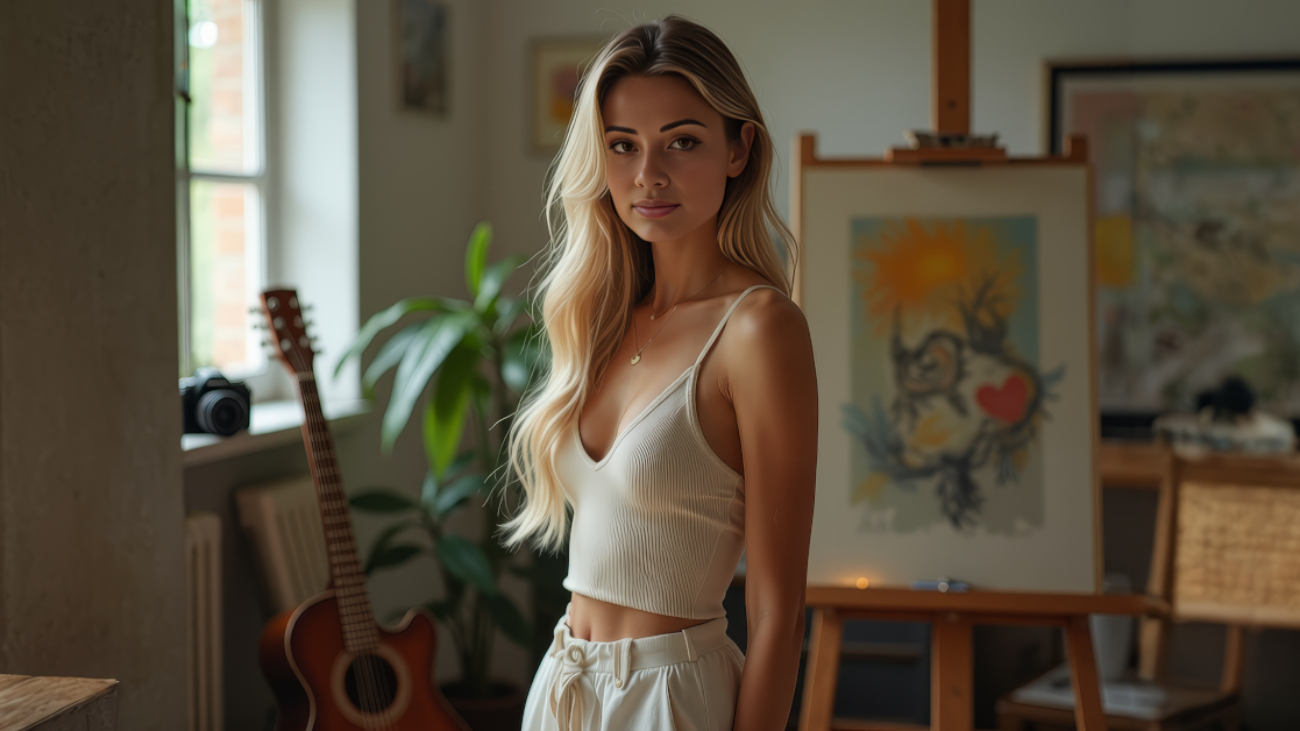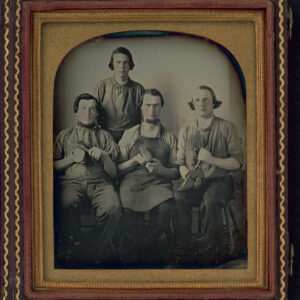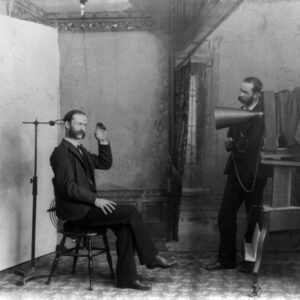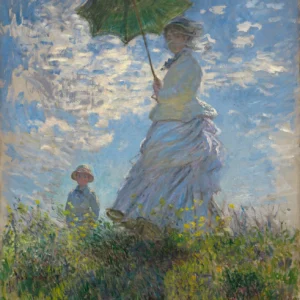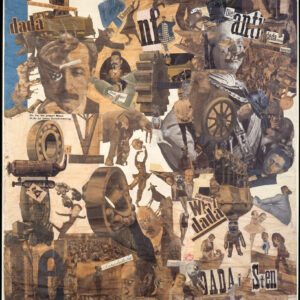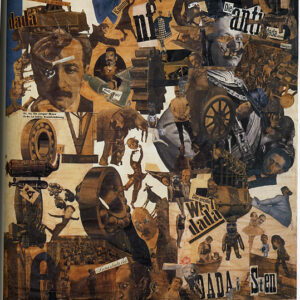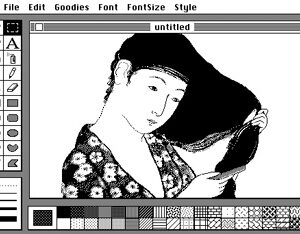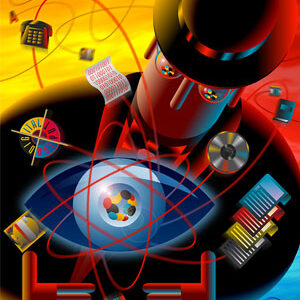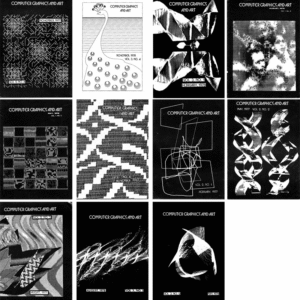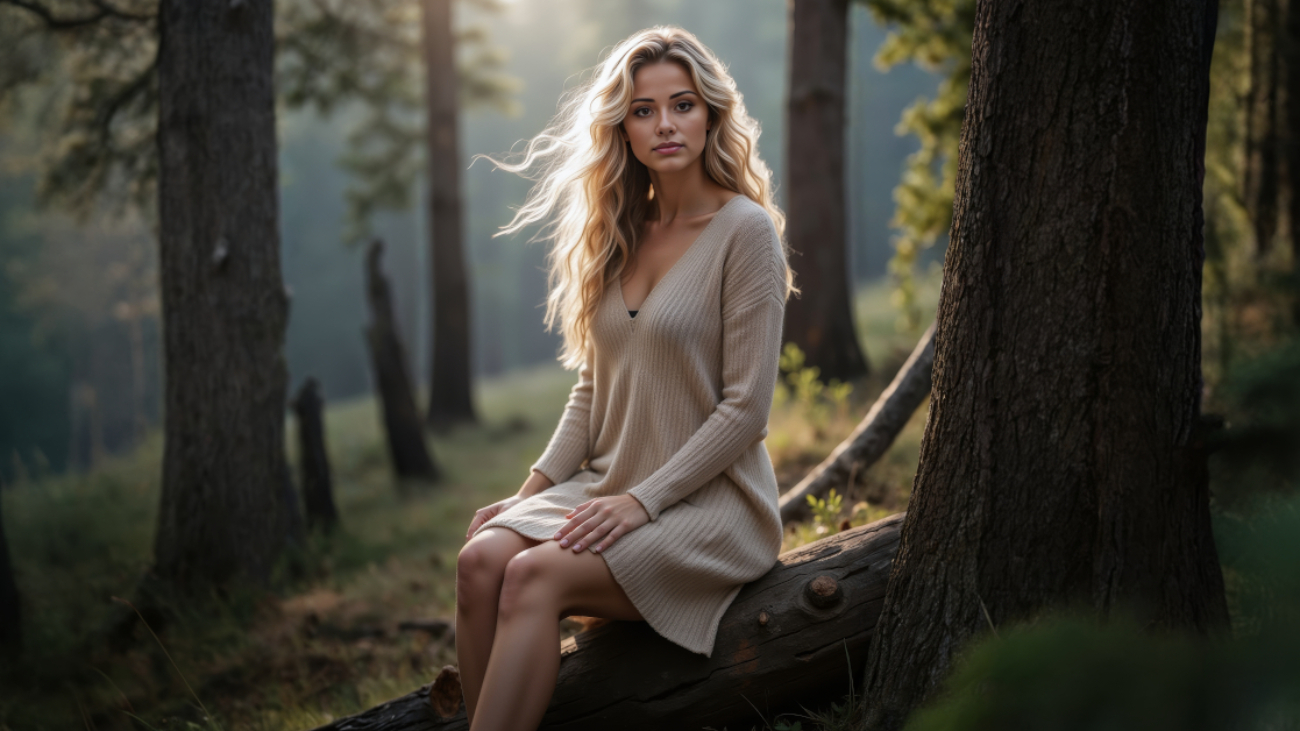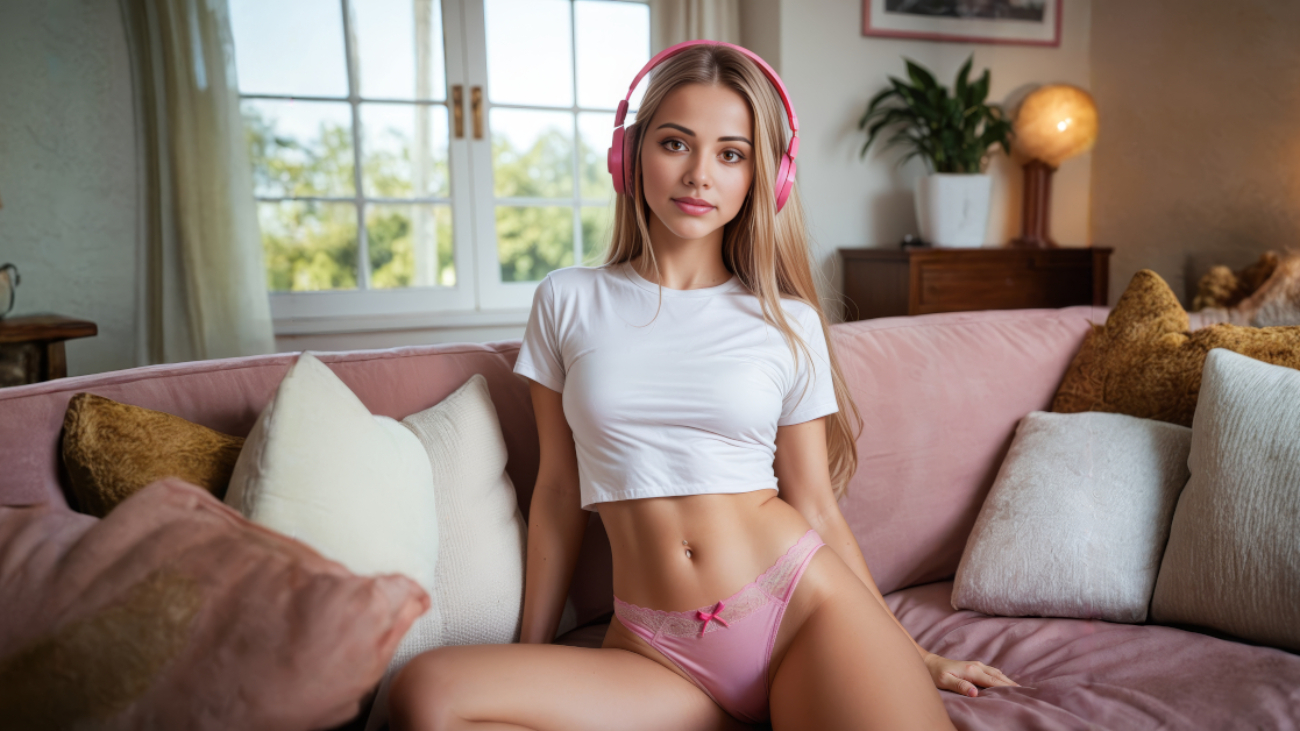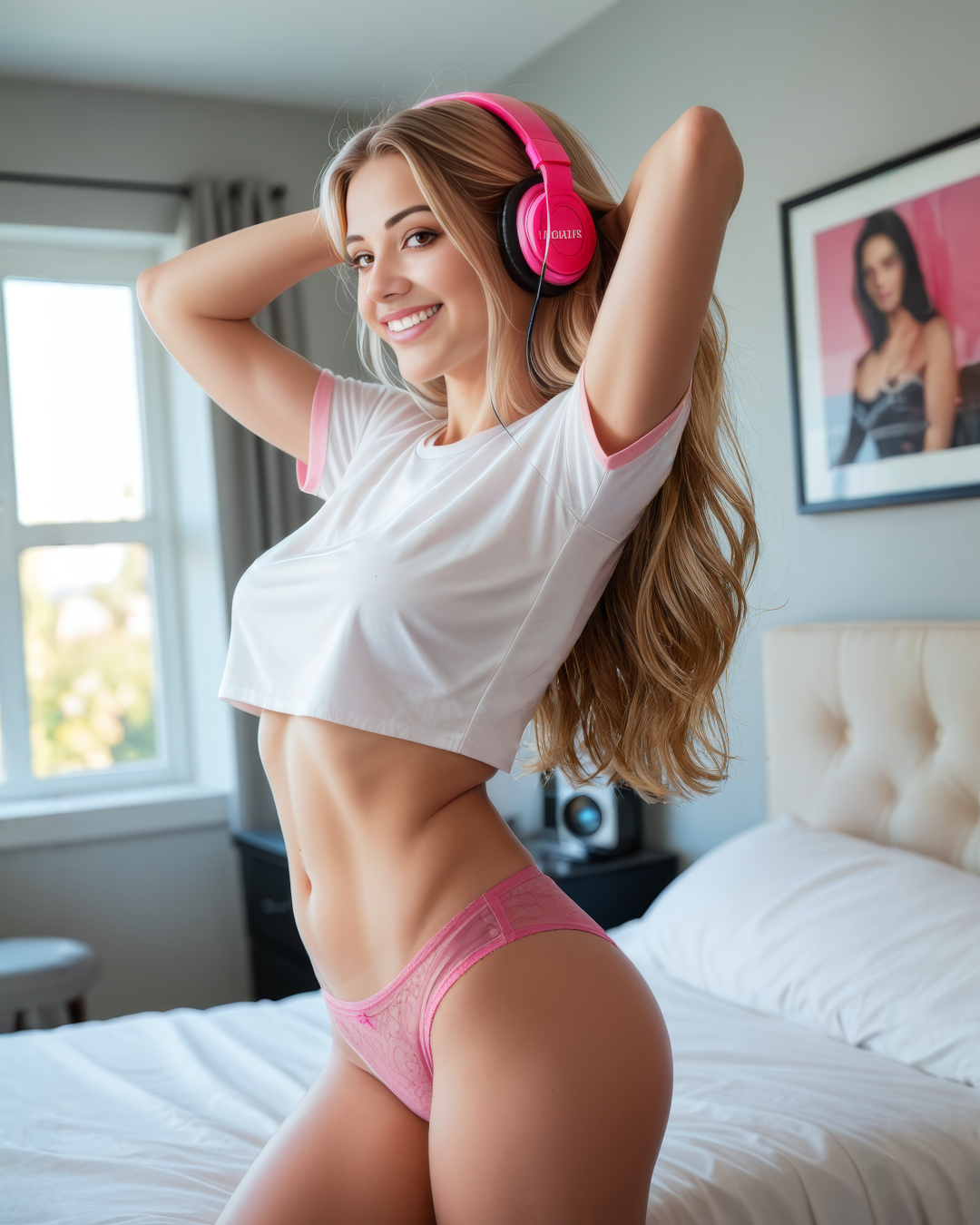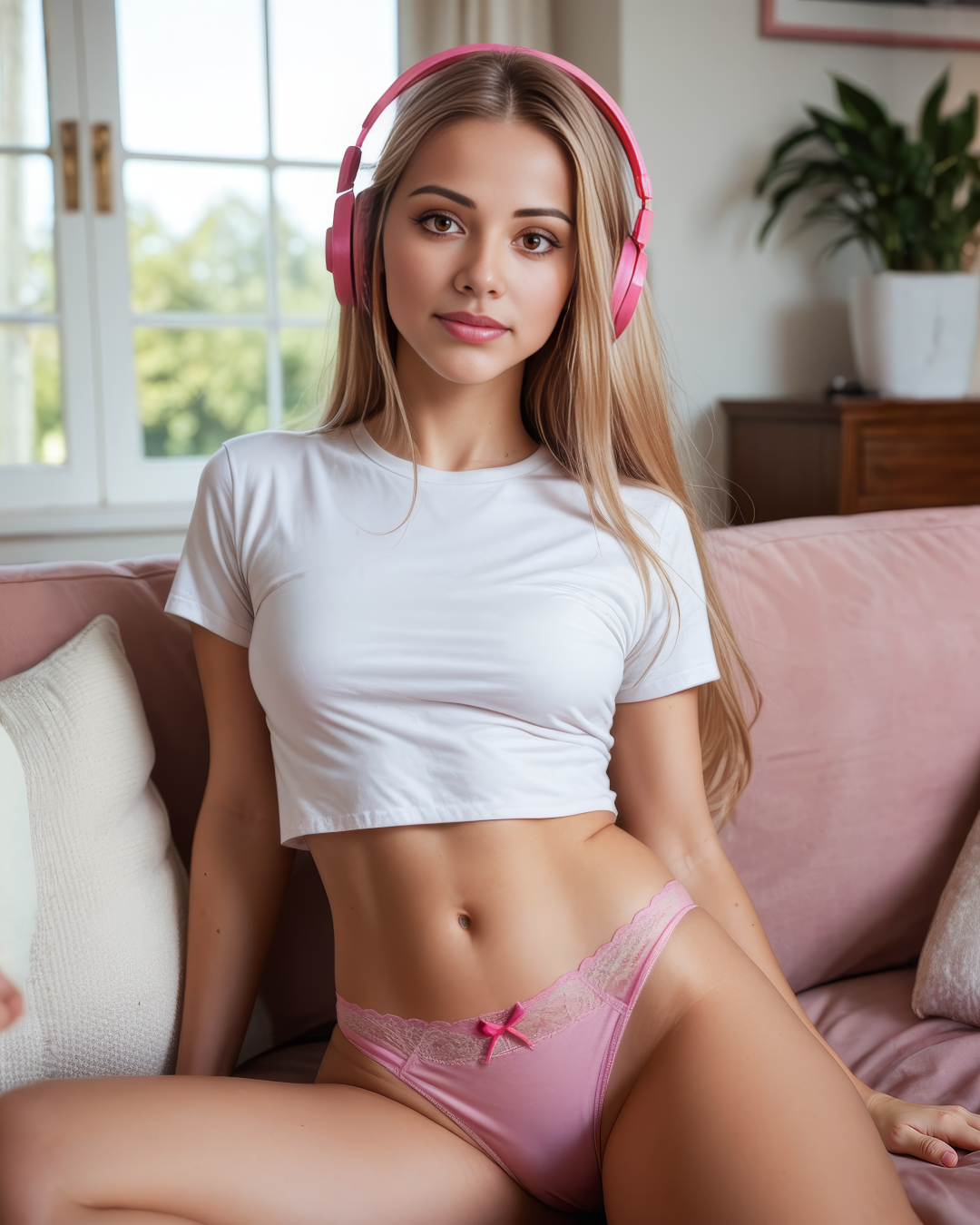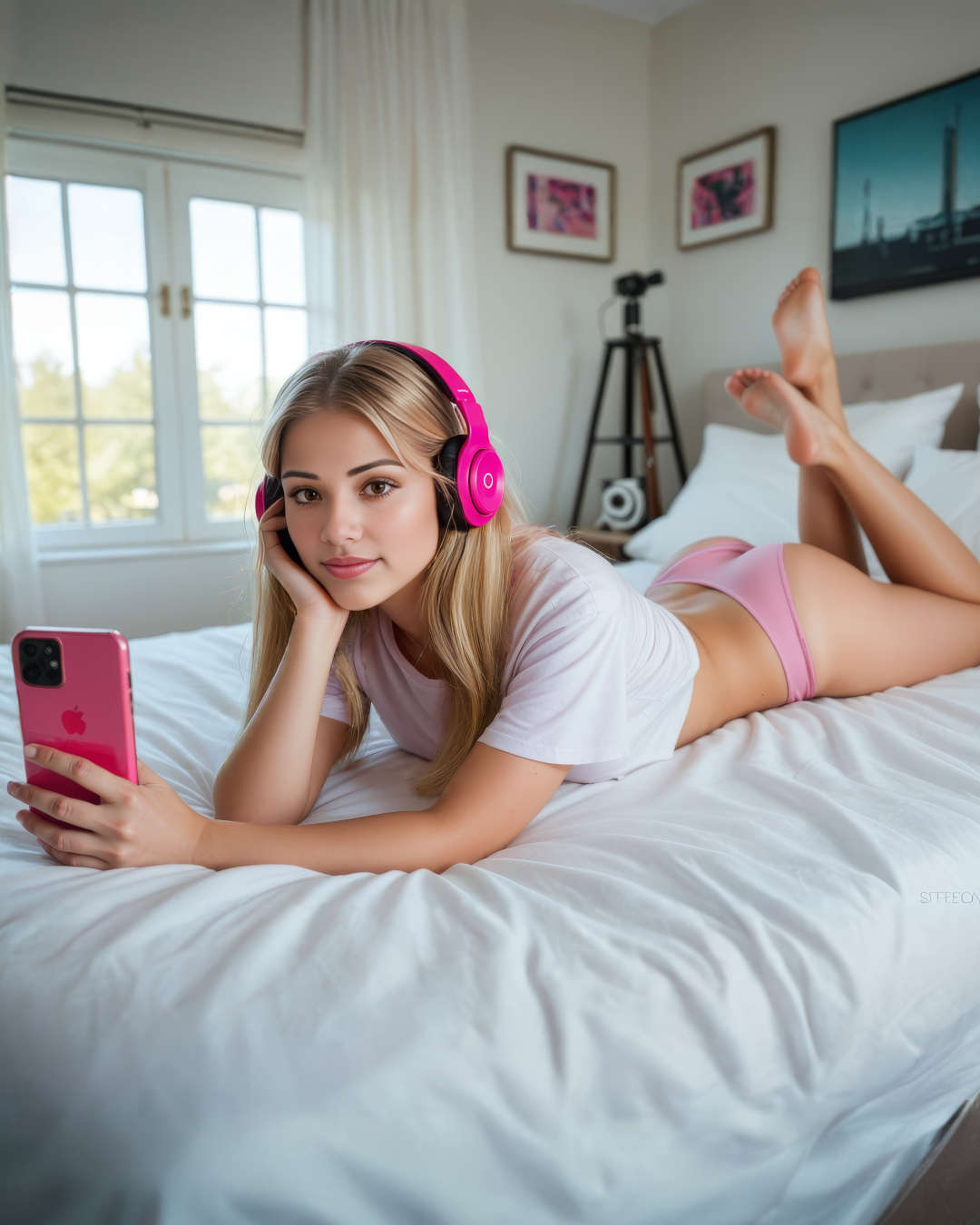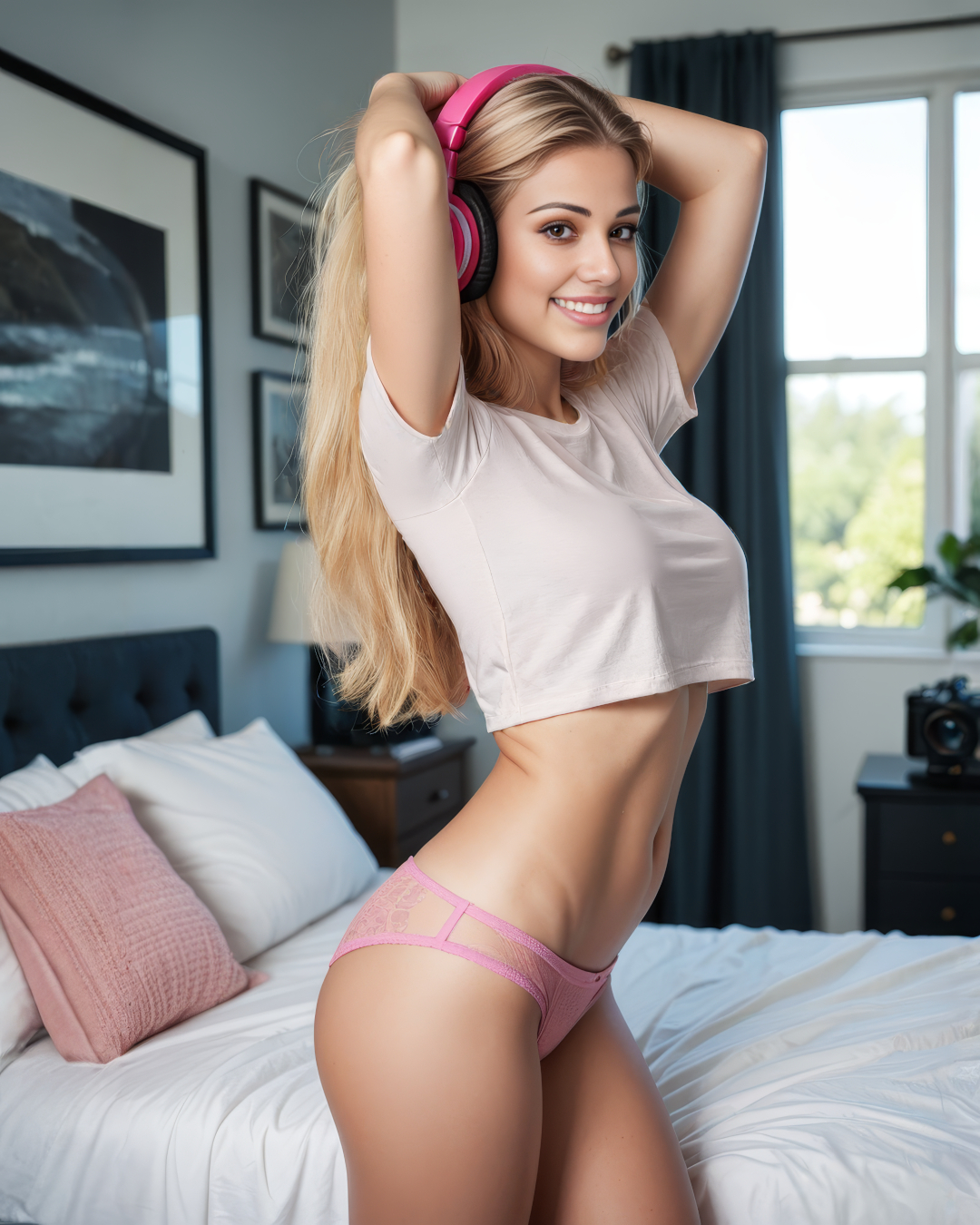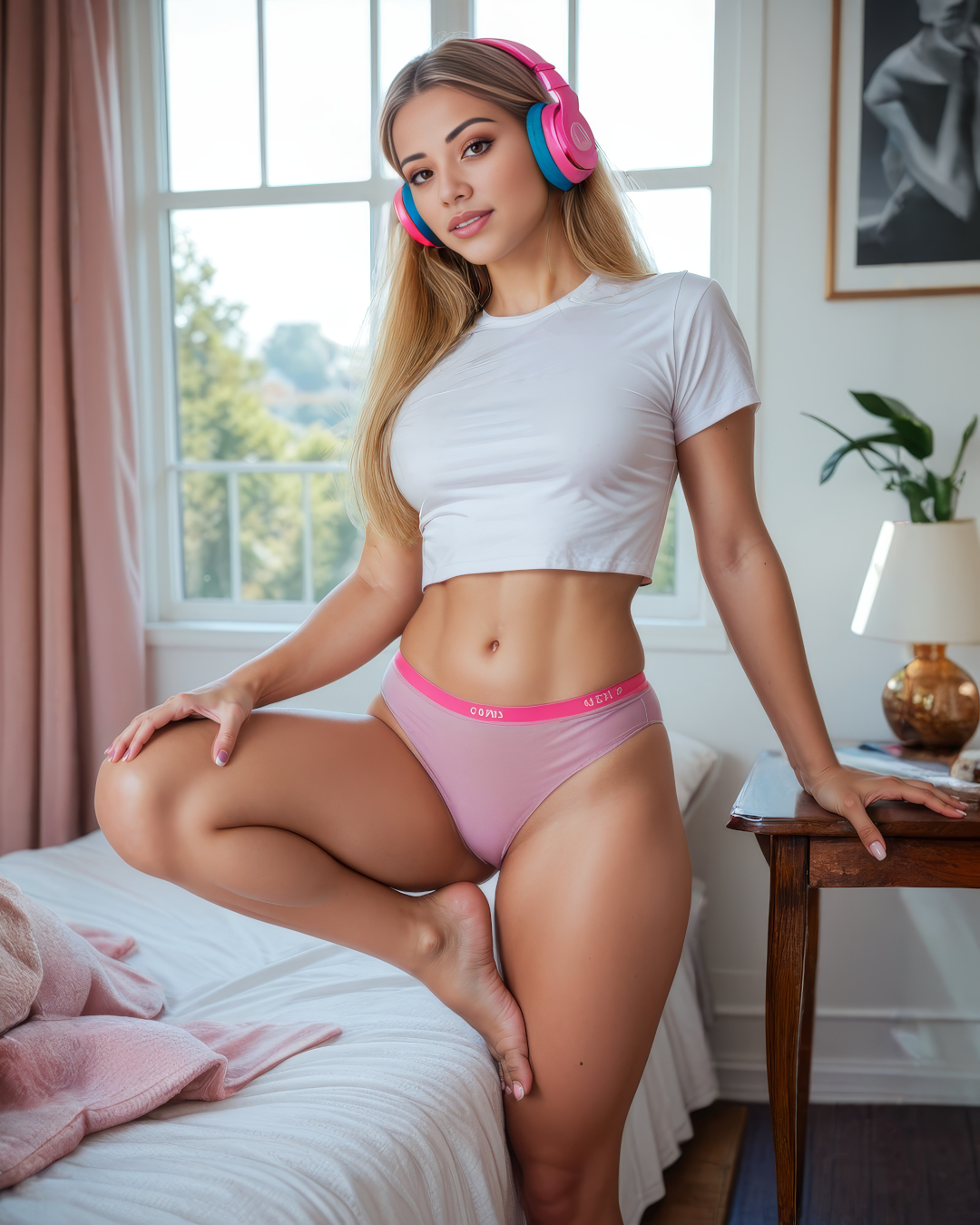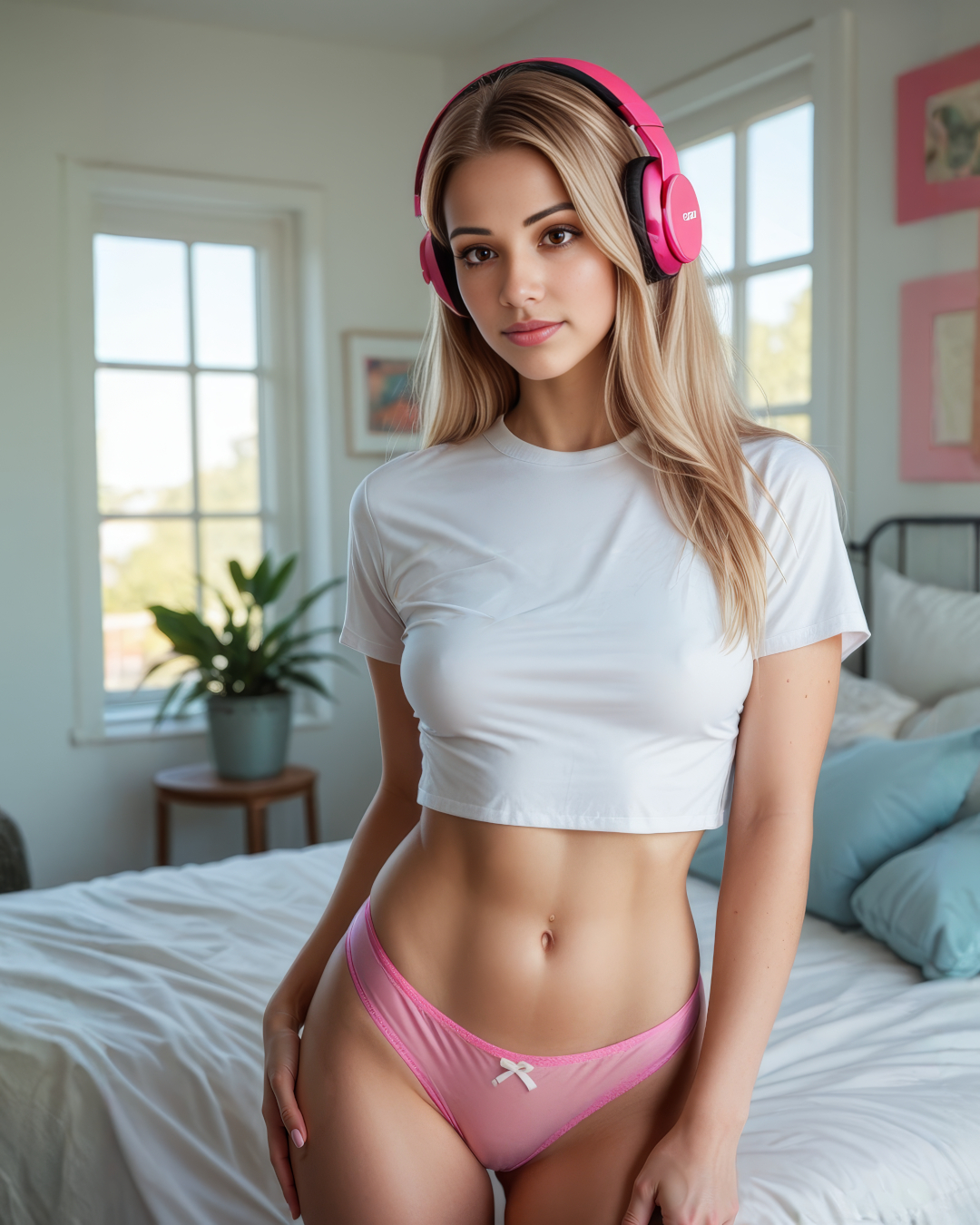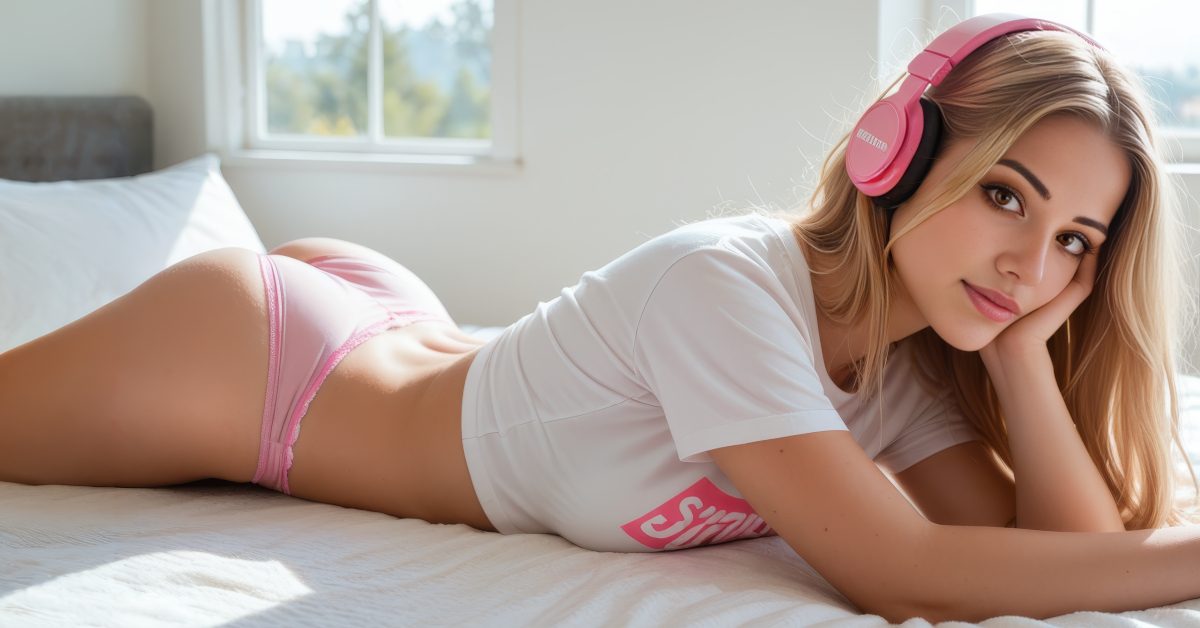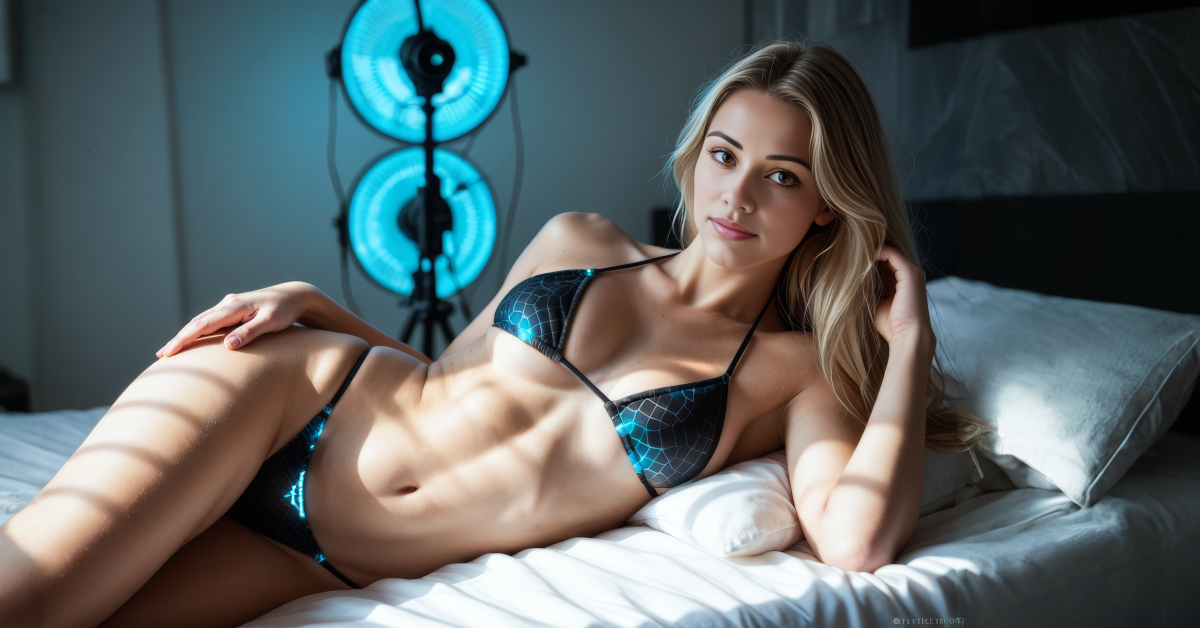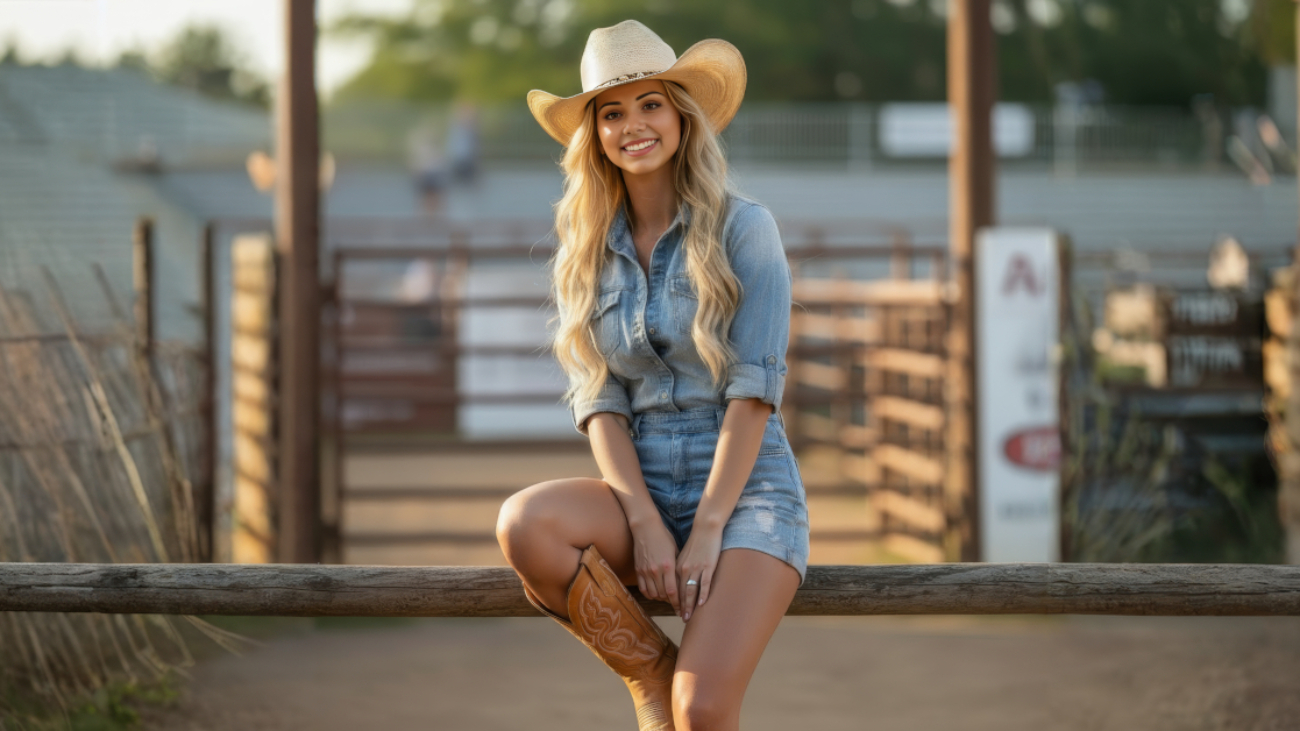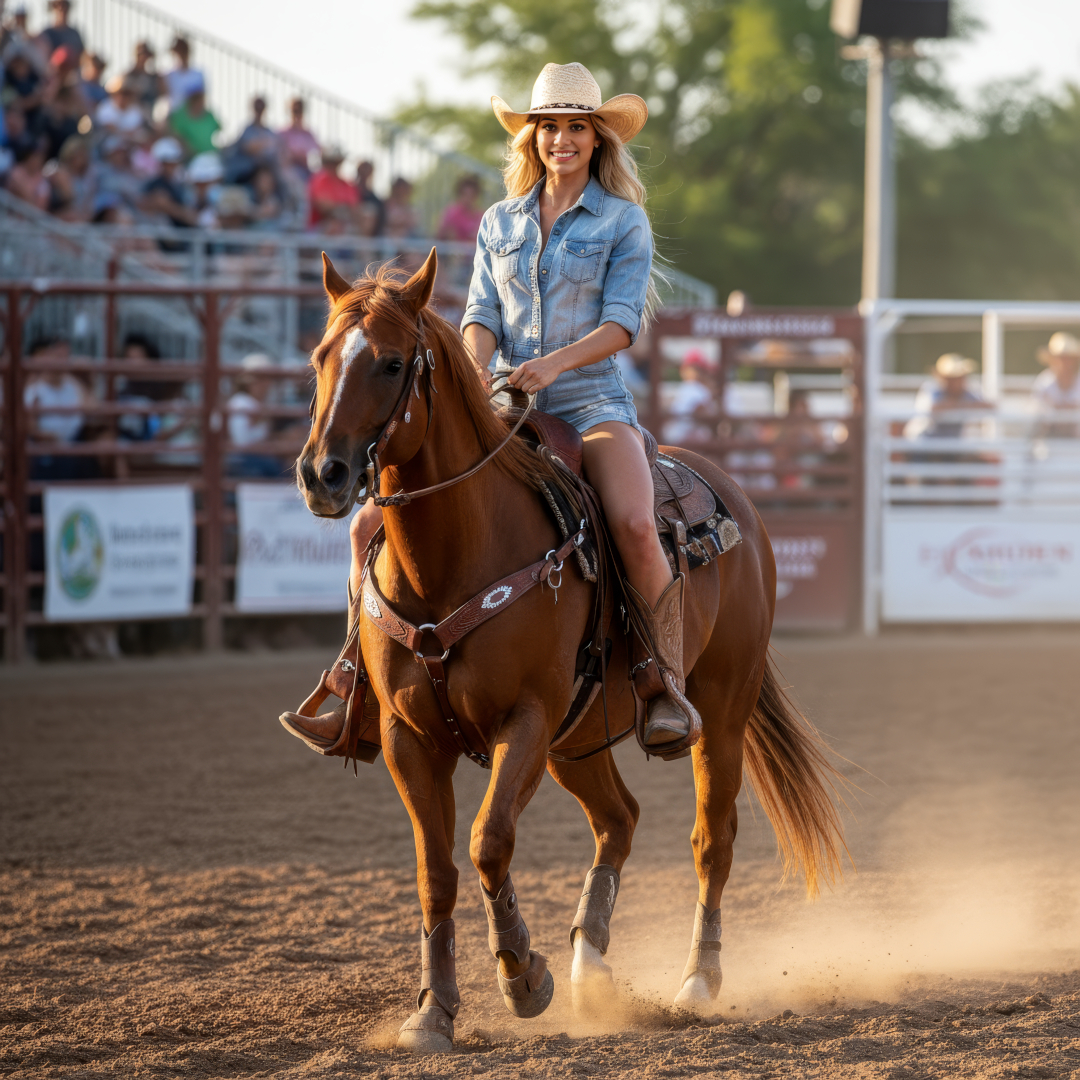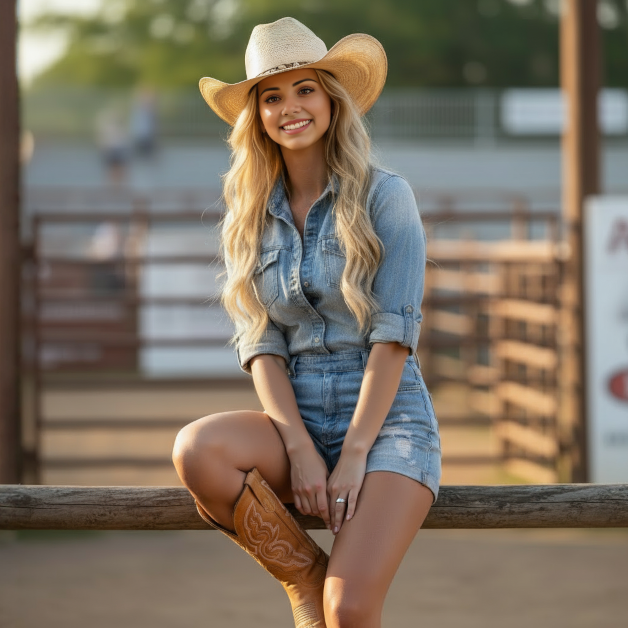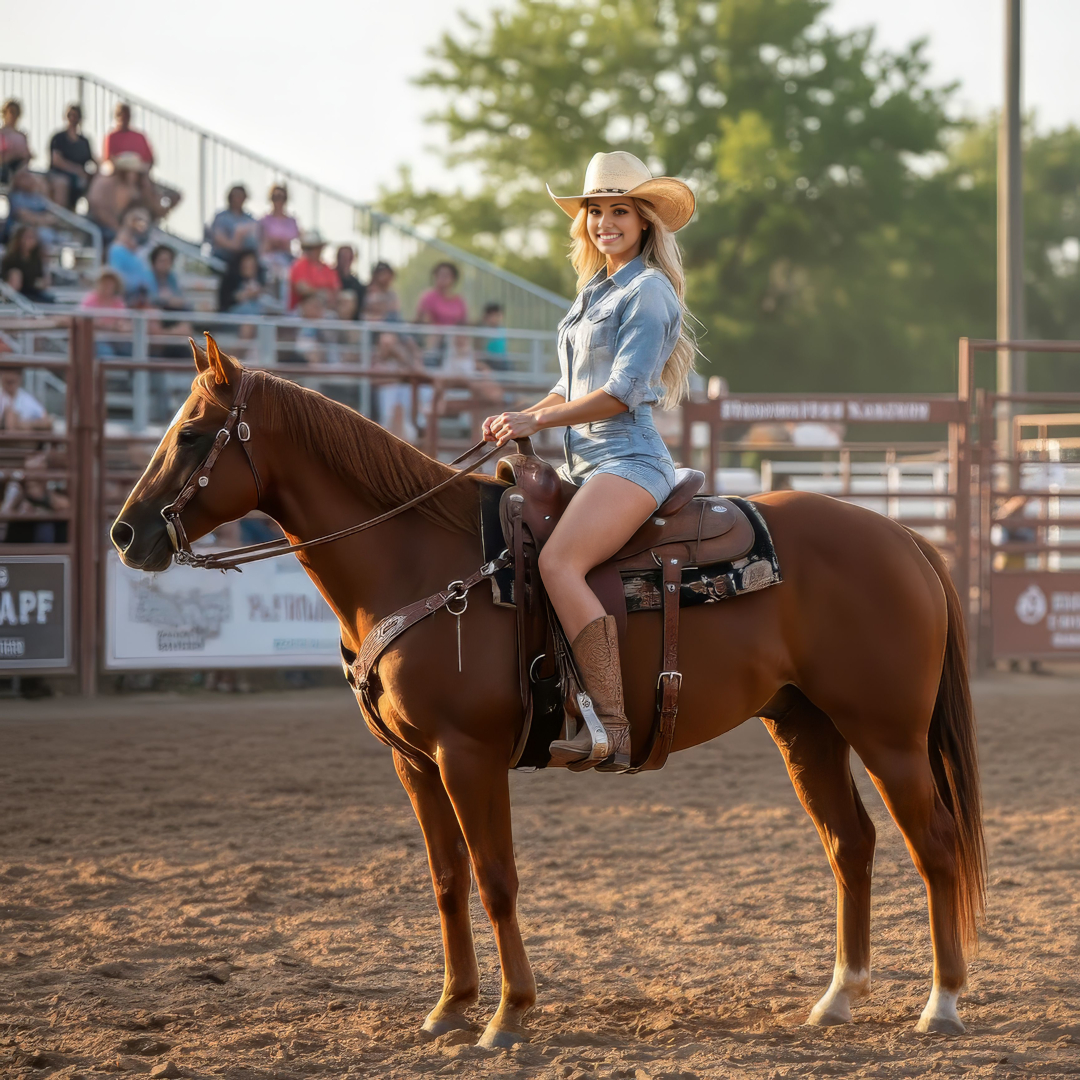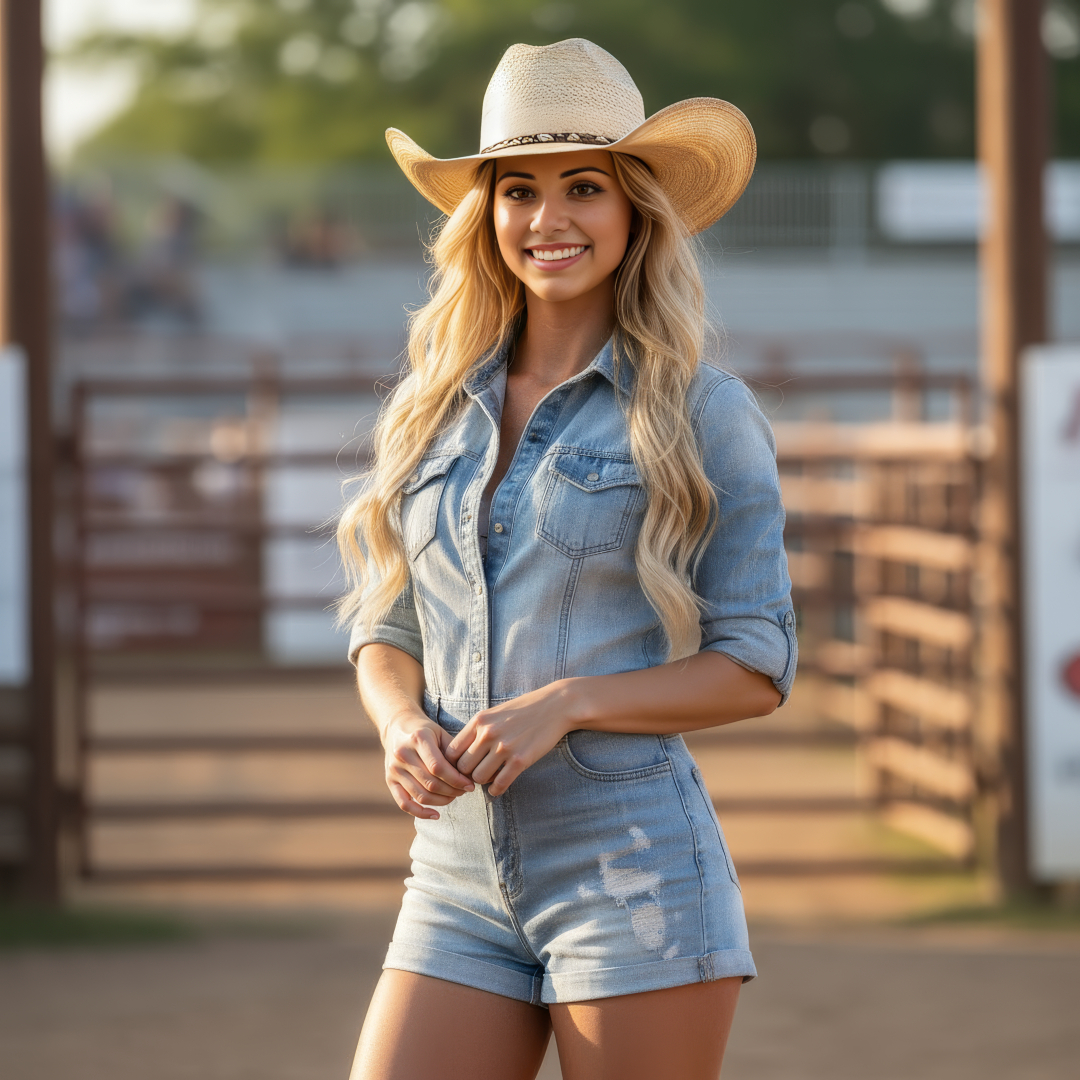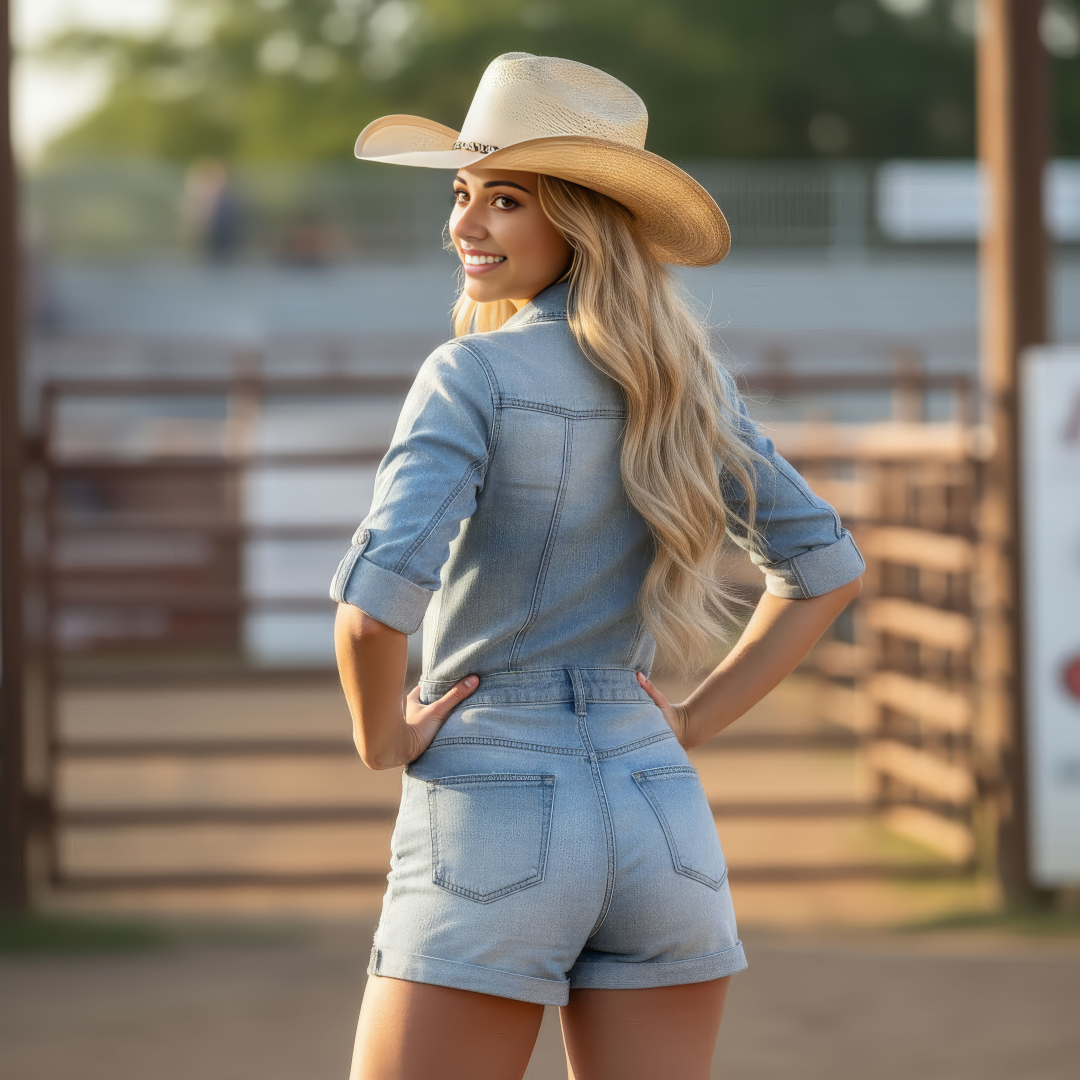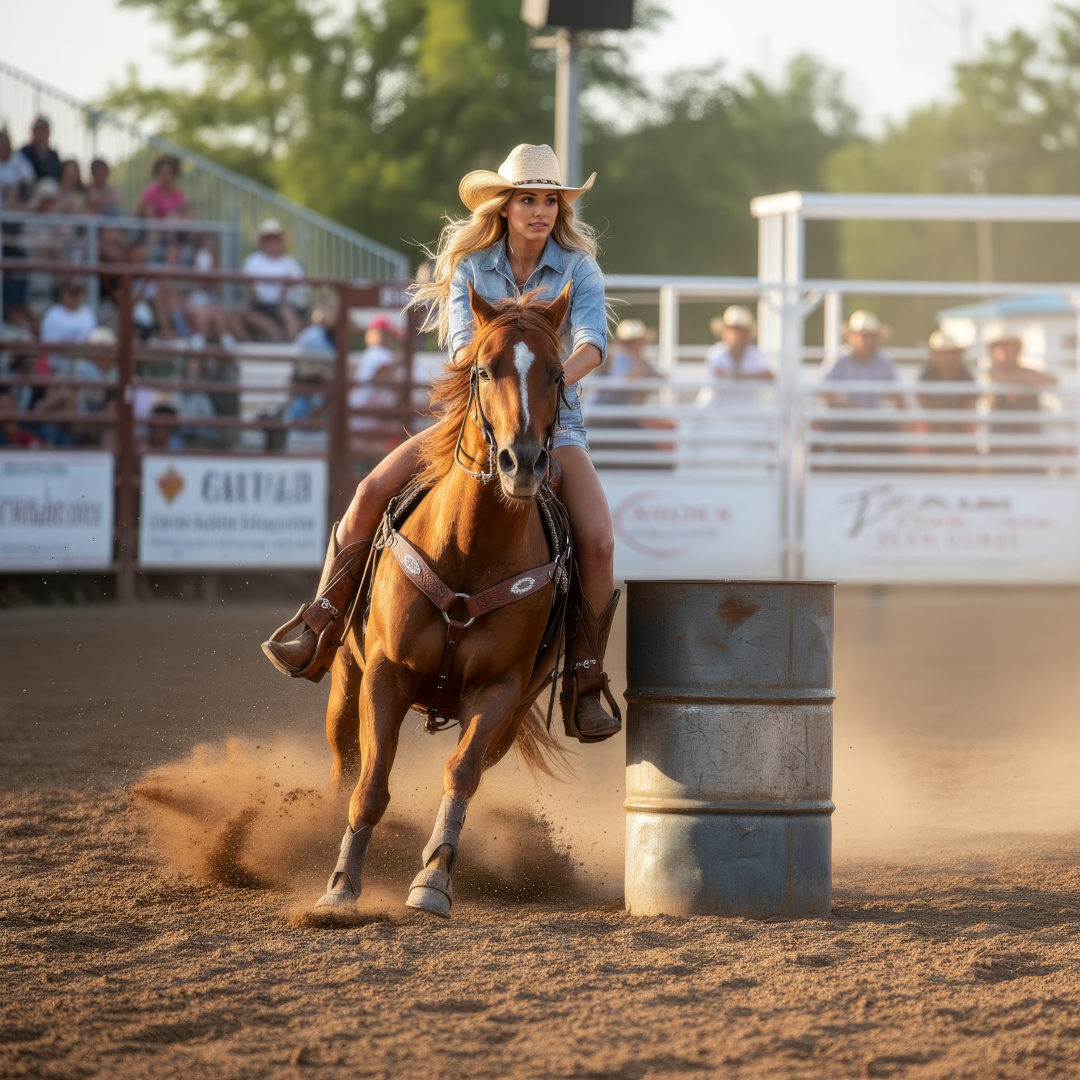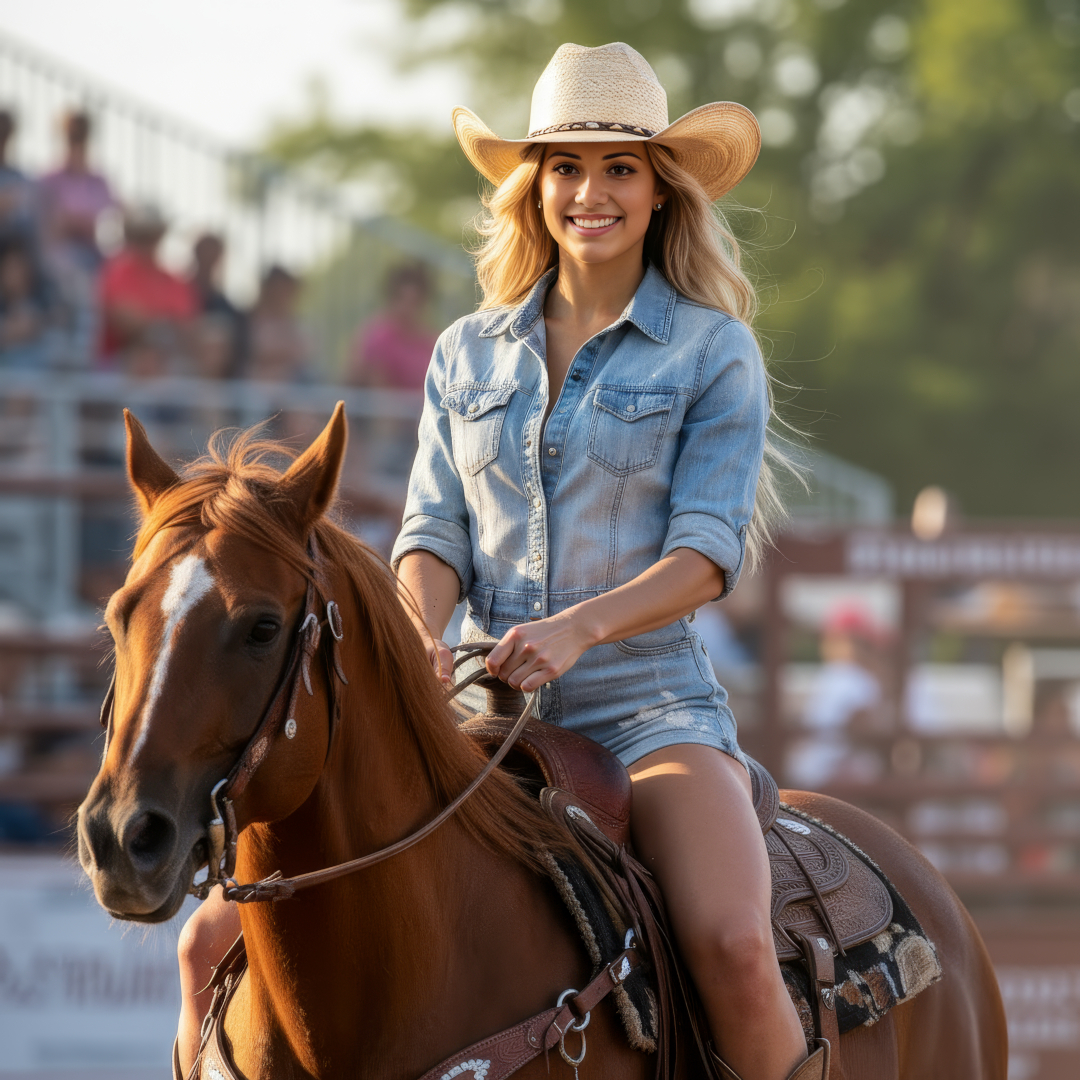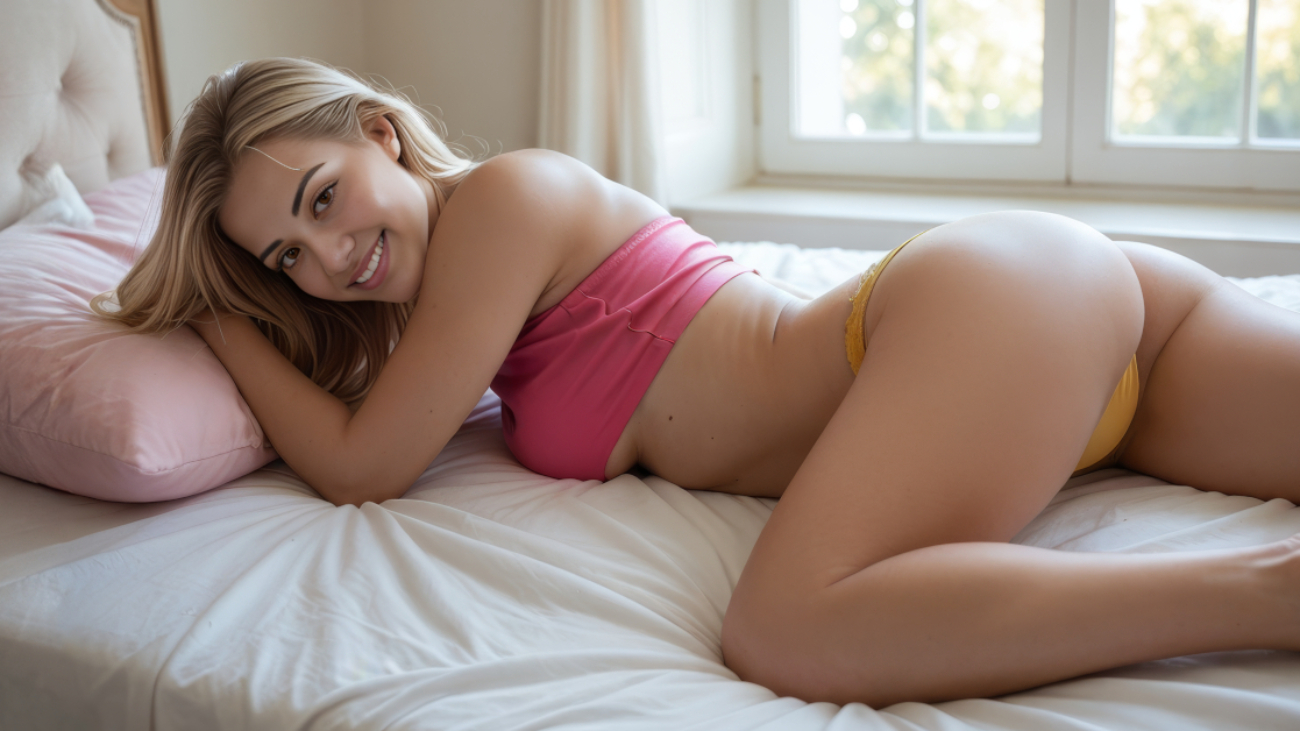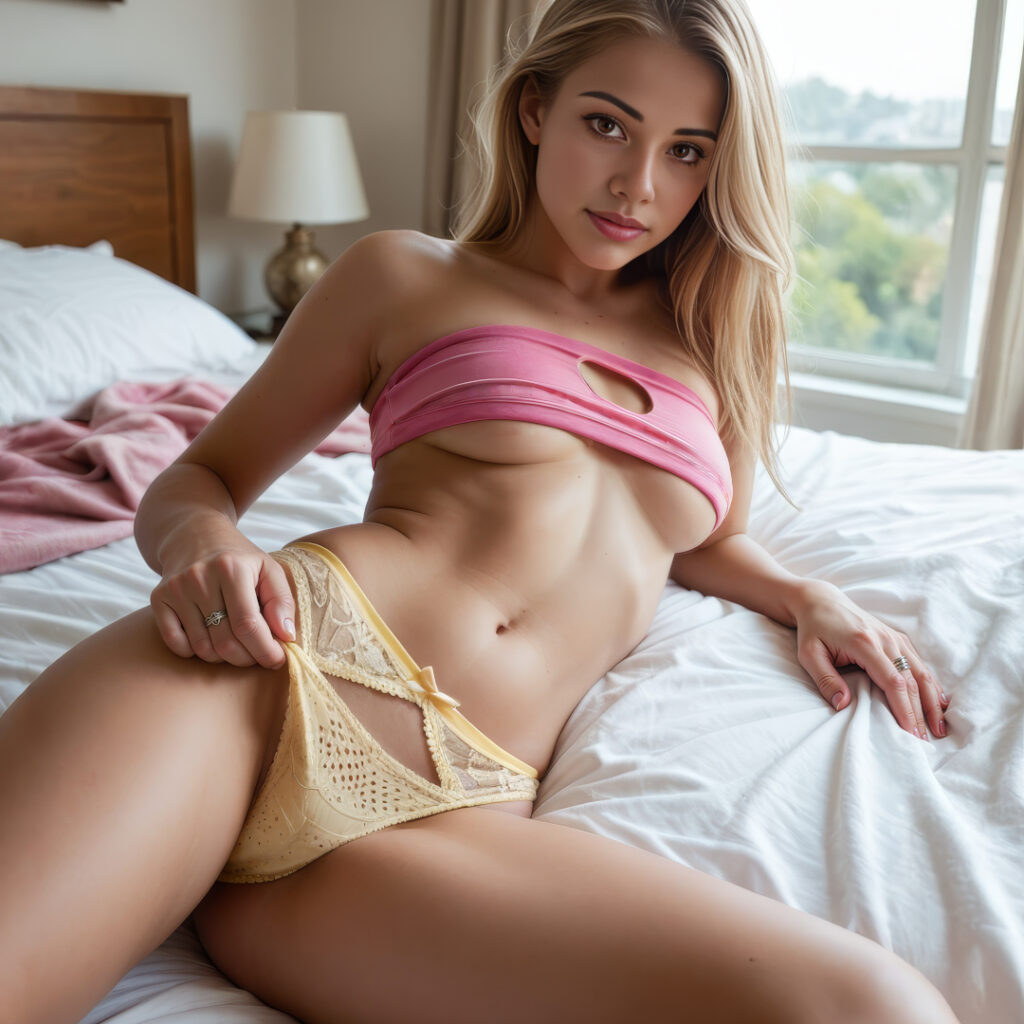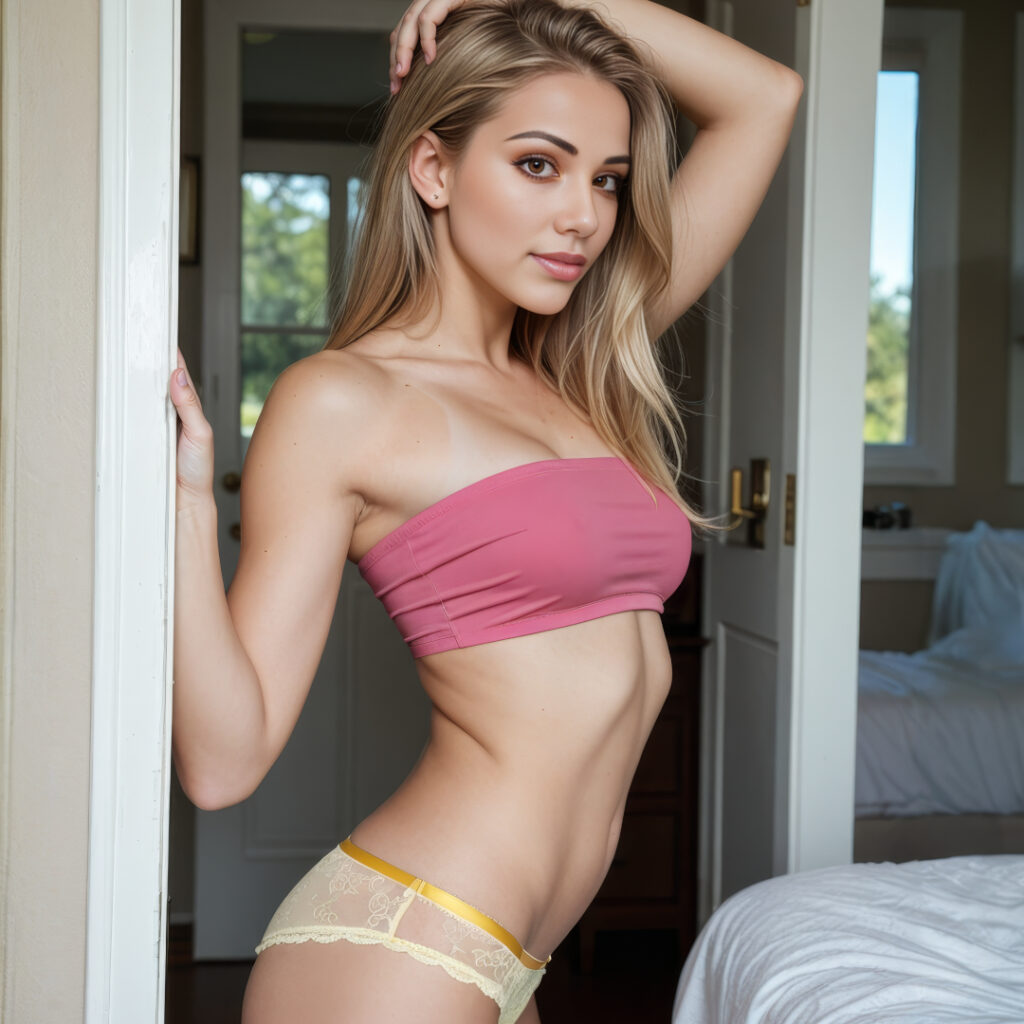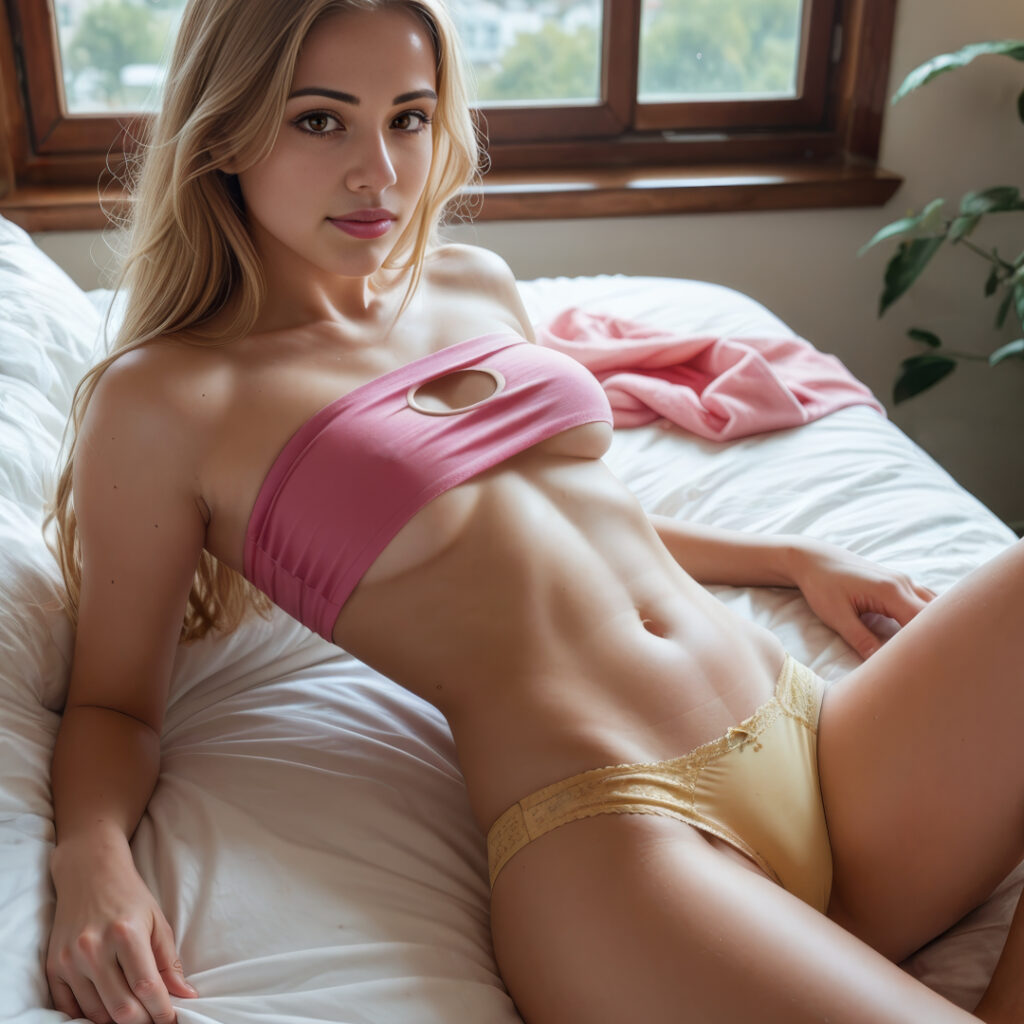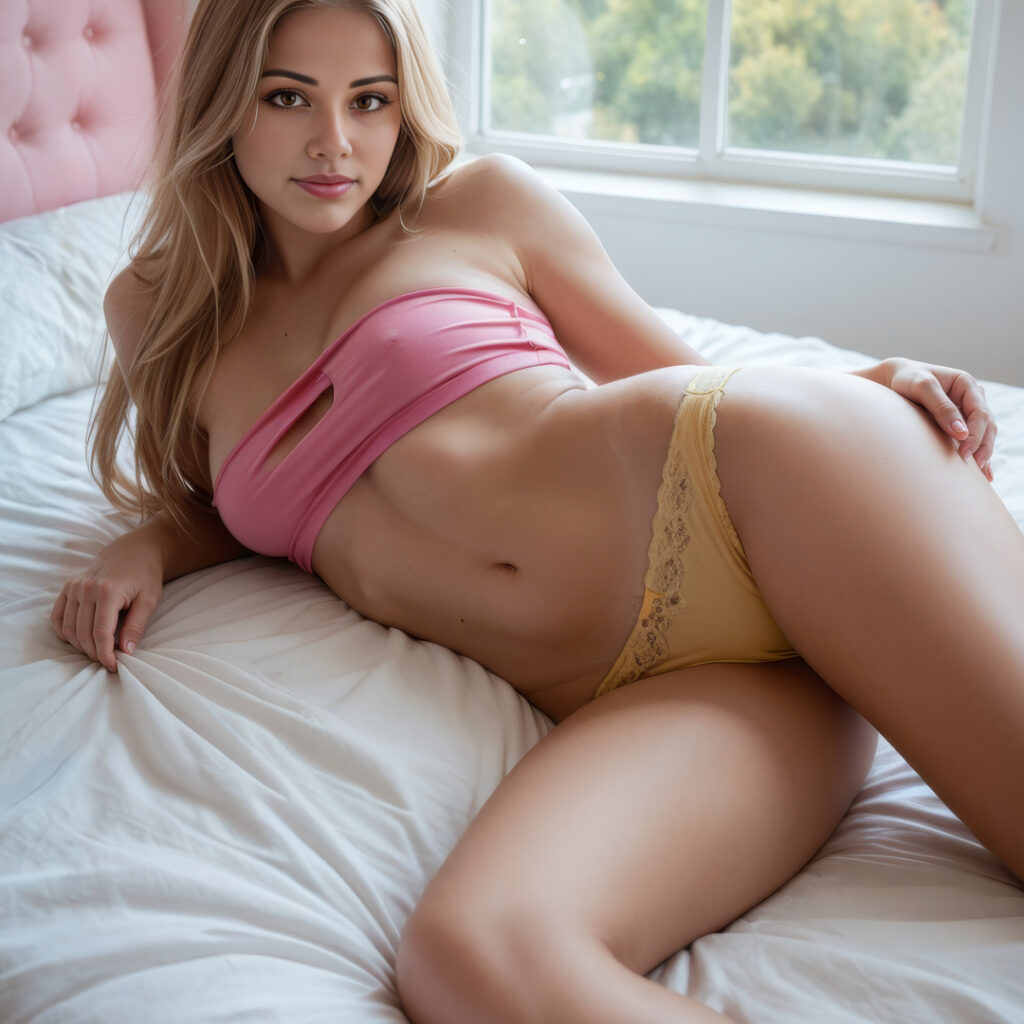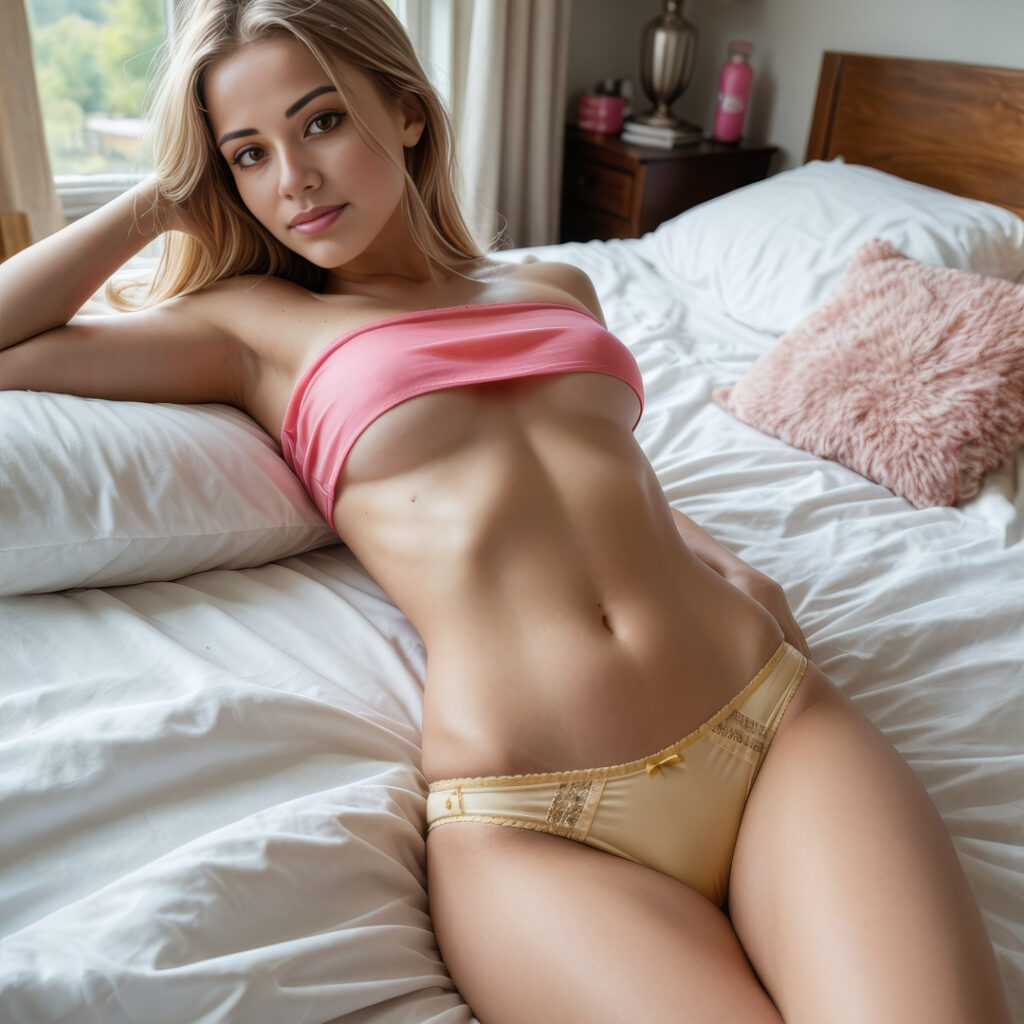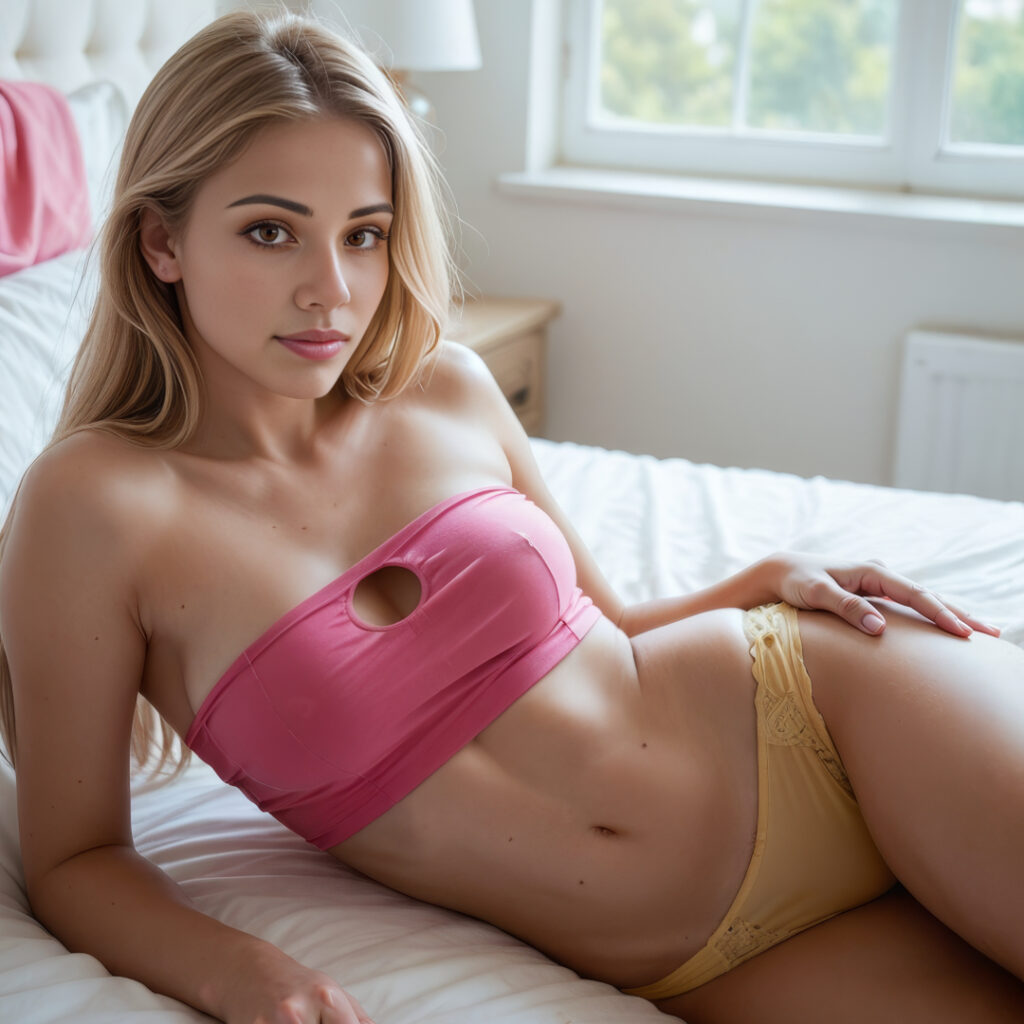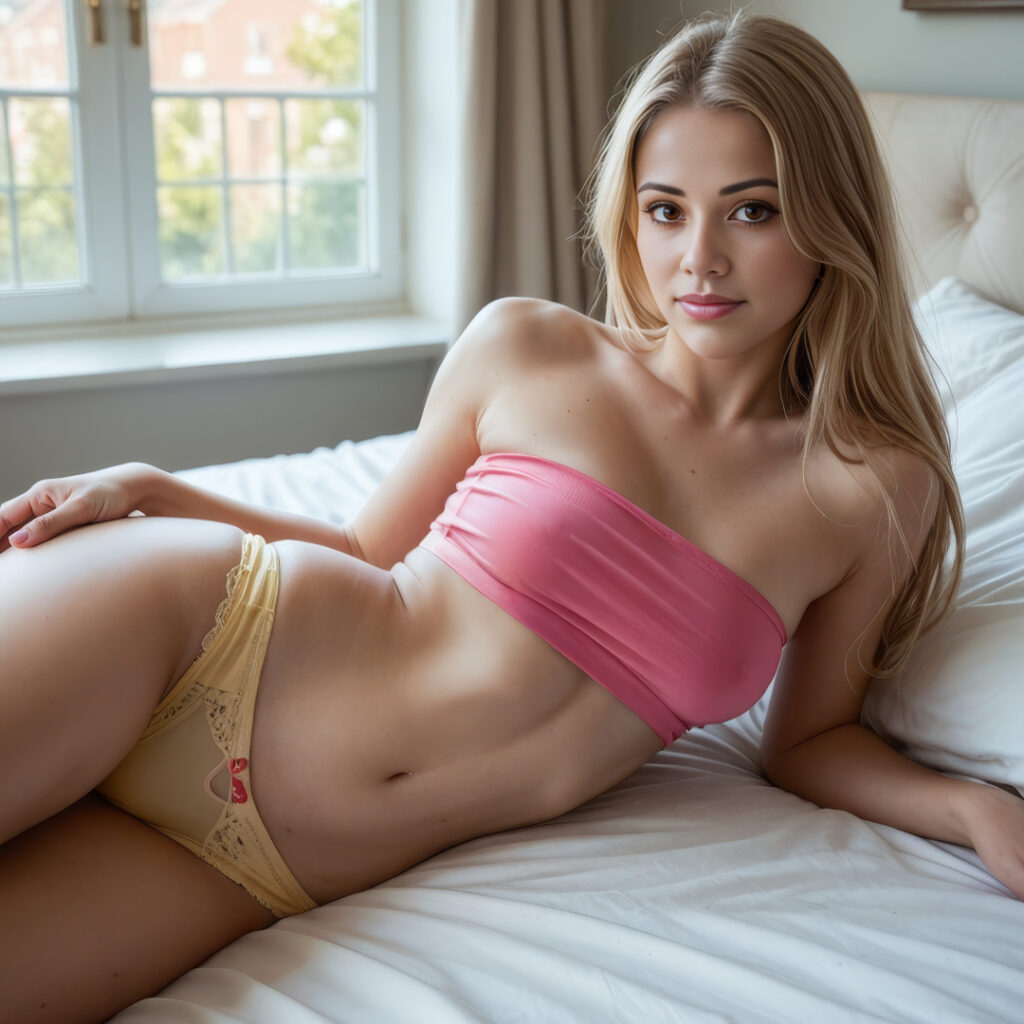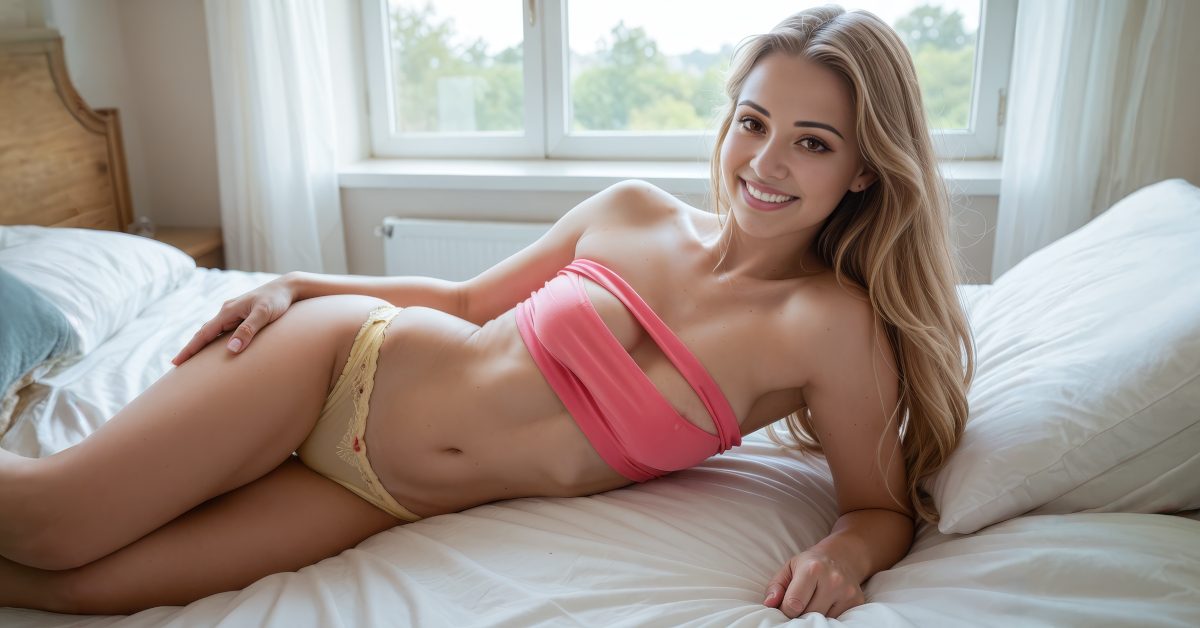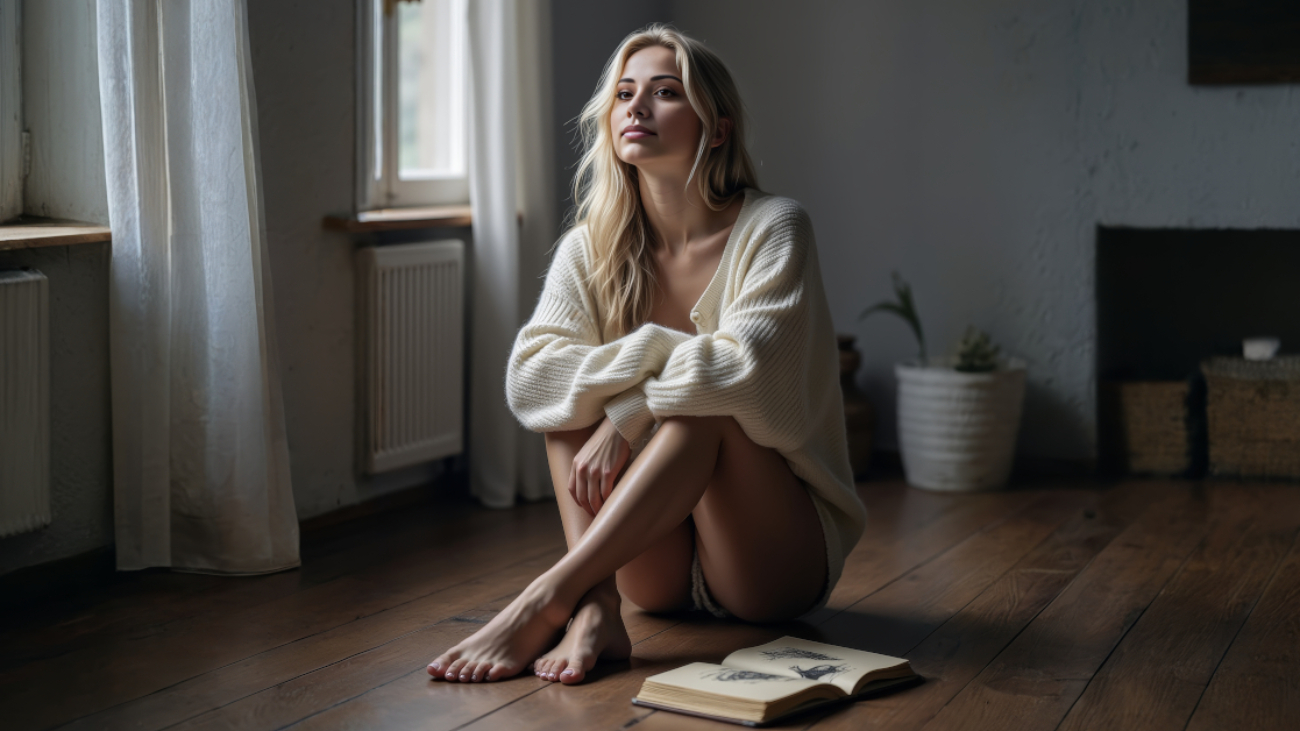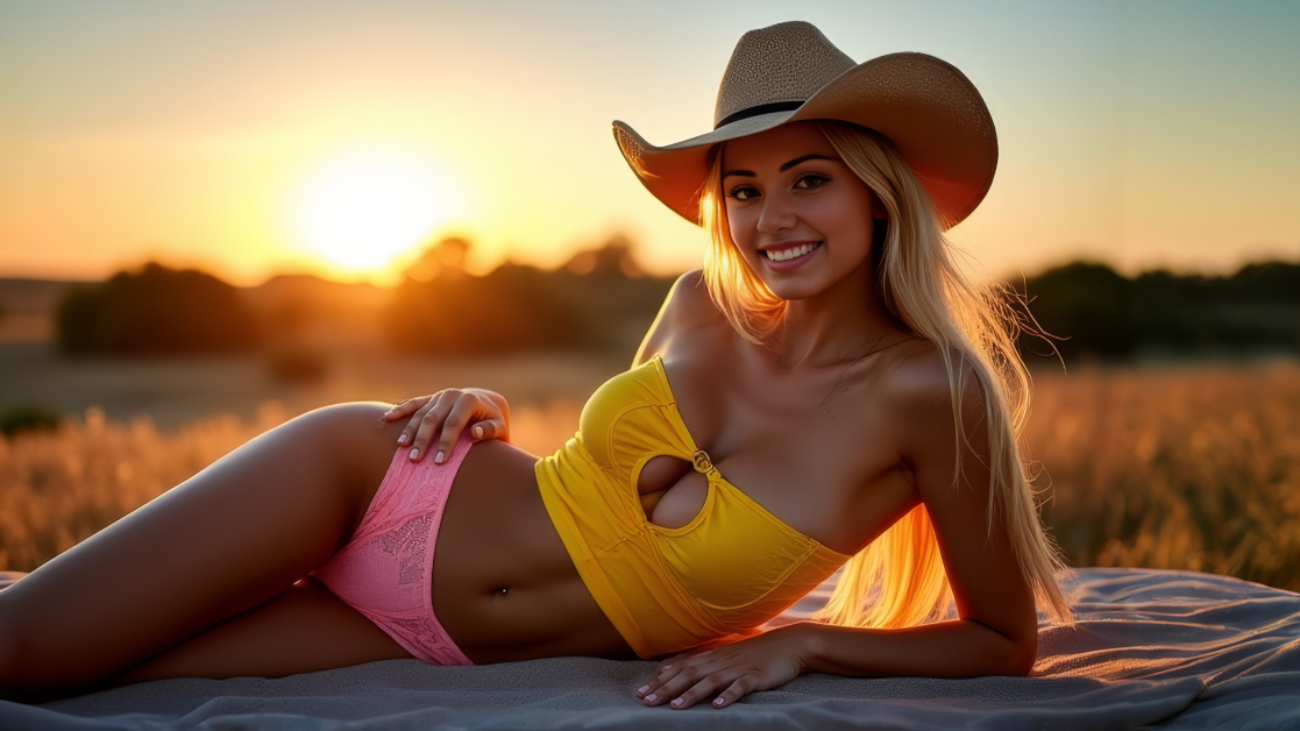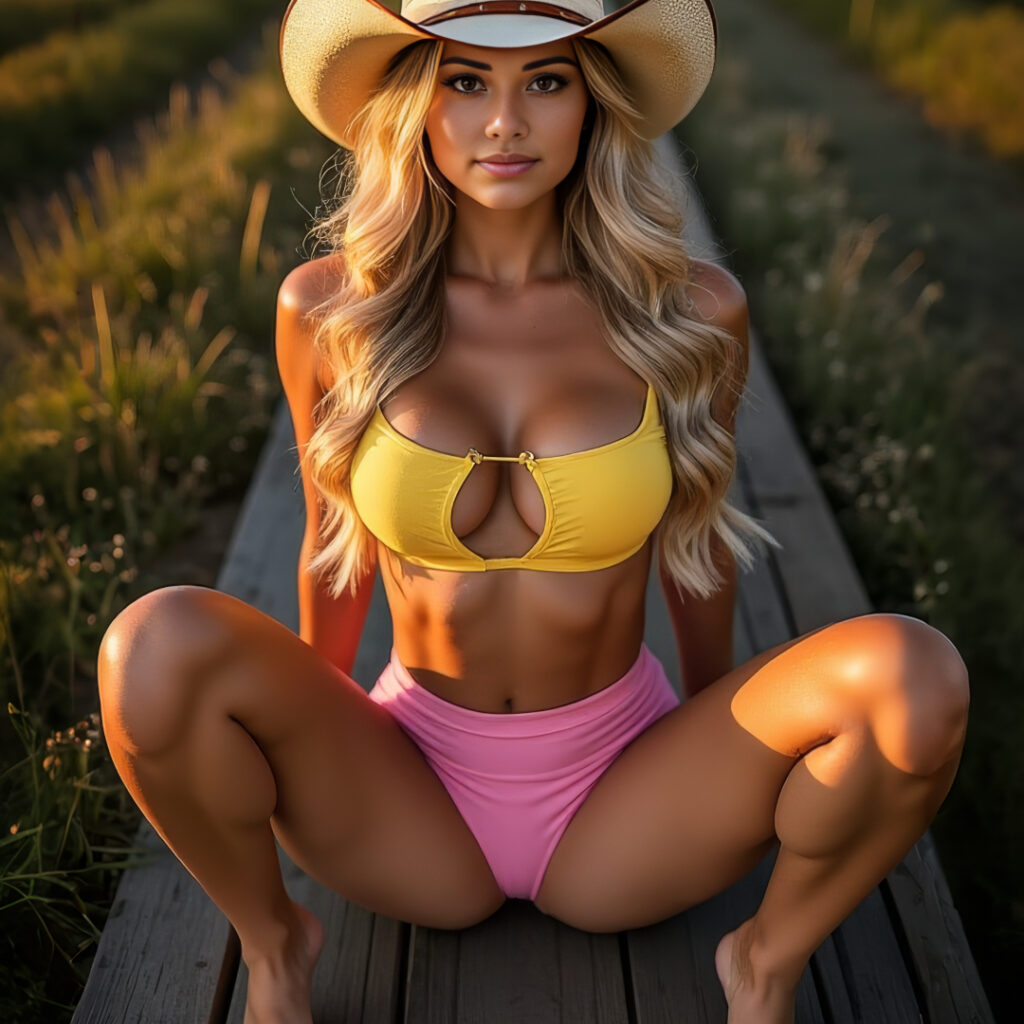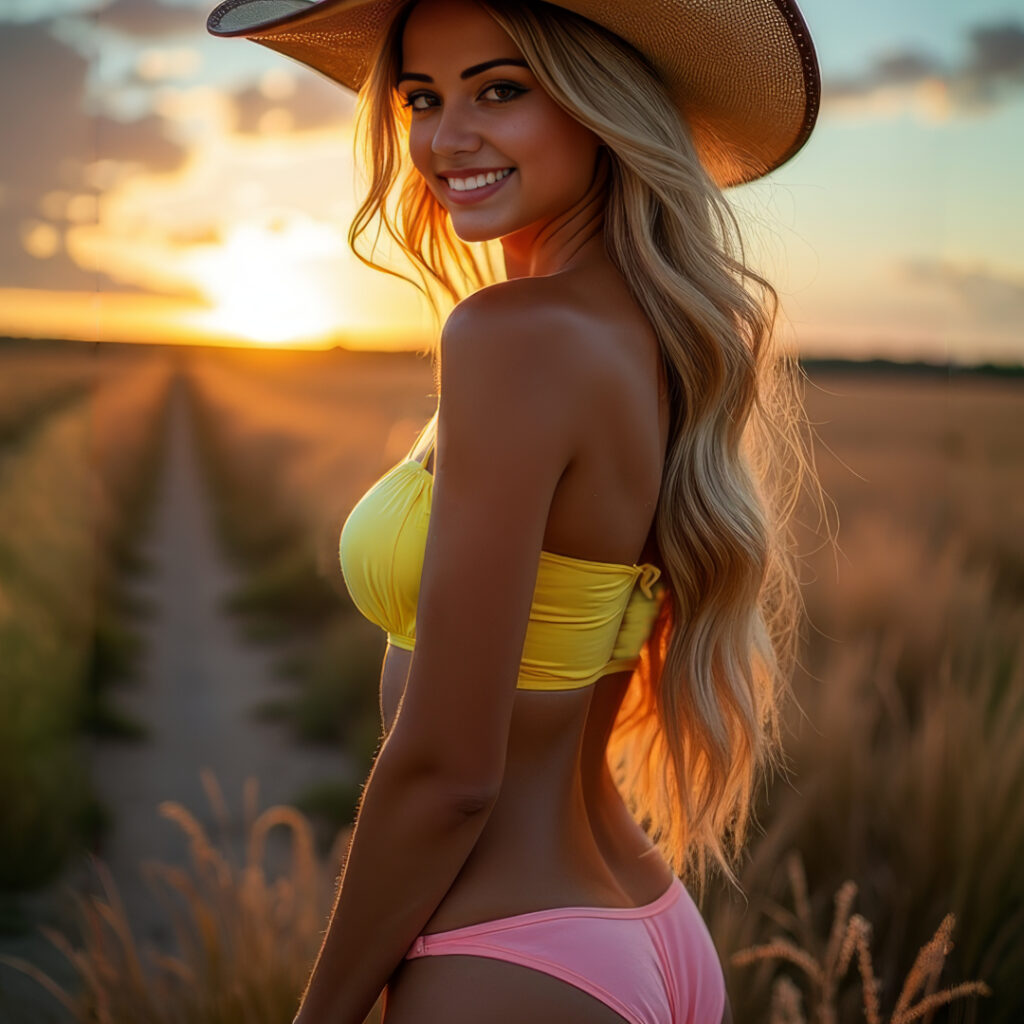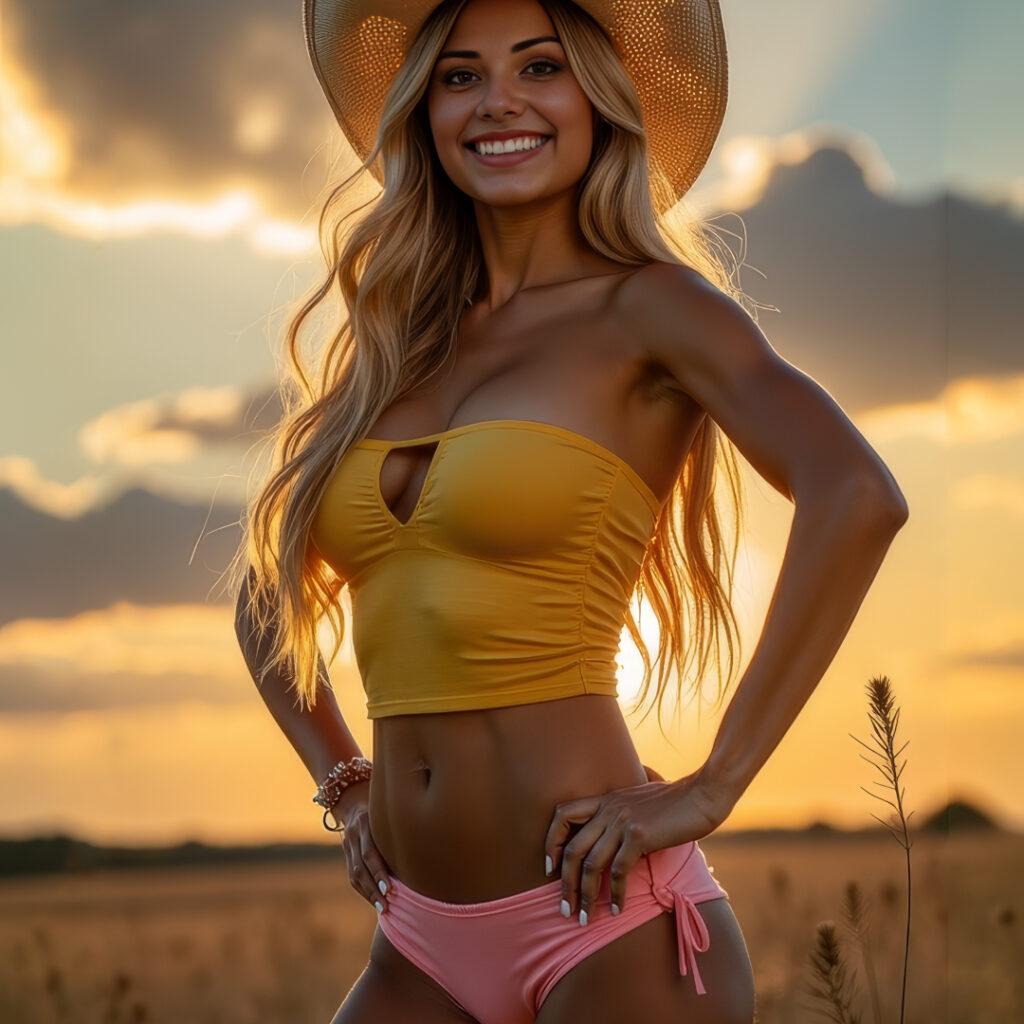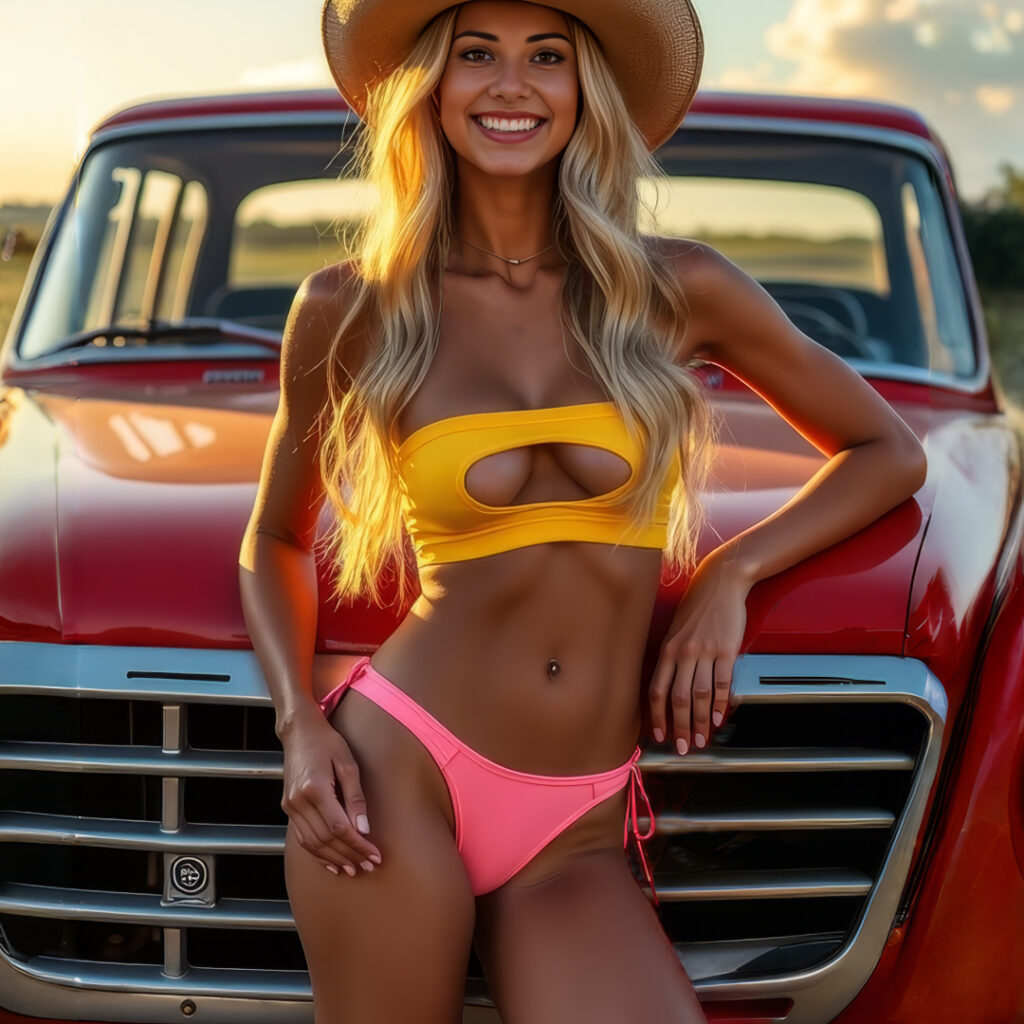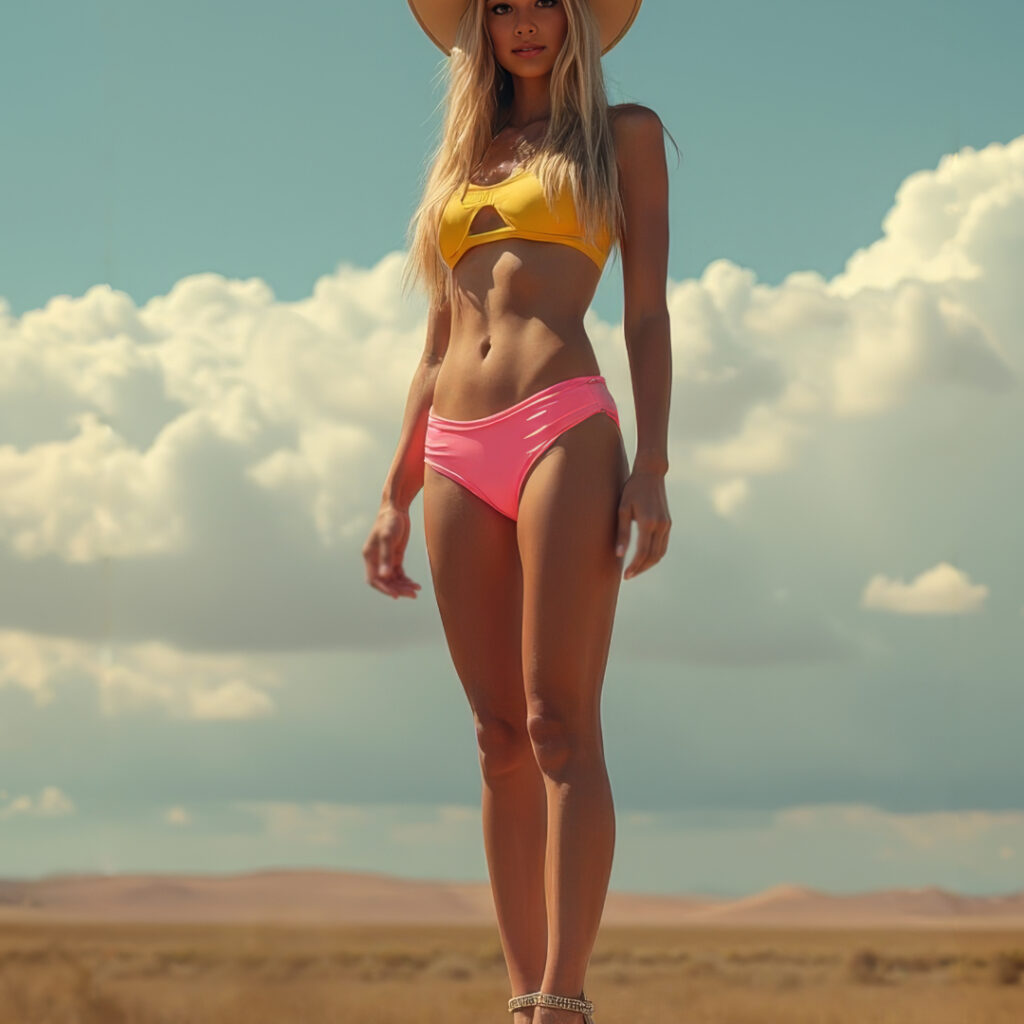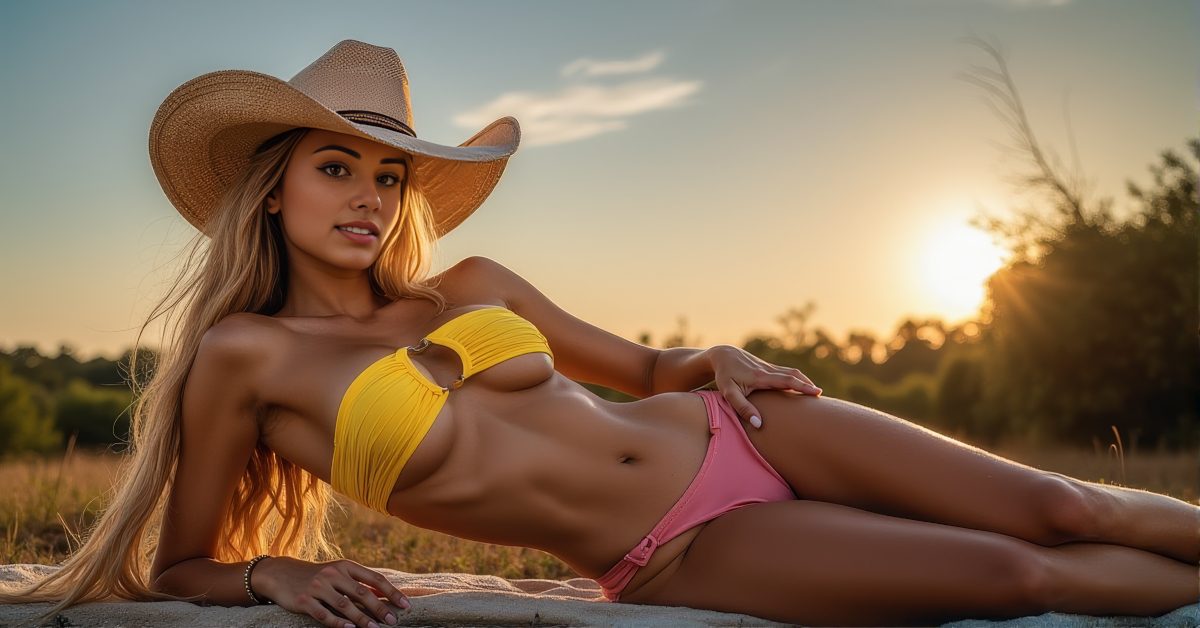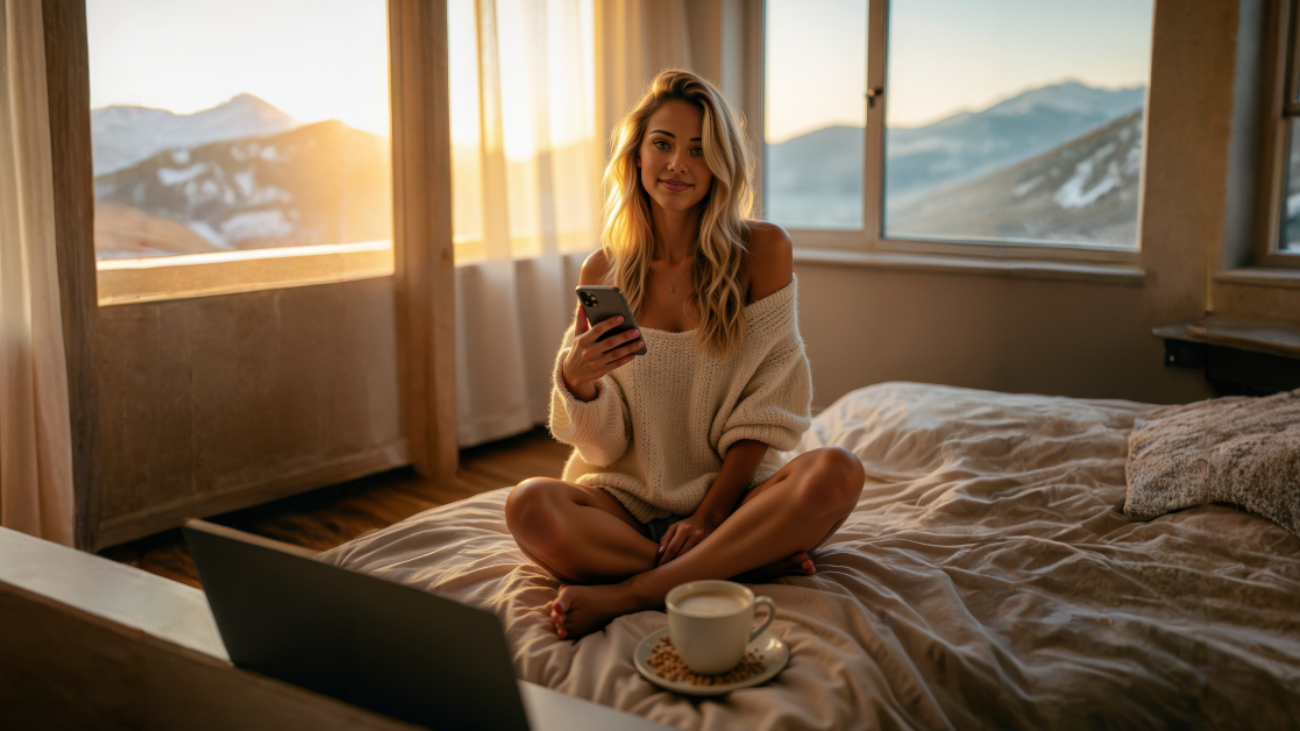(And Why It’s Not Personal)
If you look at Instagram purely through a creative lens, declining reach feels discouraging.
It feels unfair.
It feels like something was taken.
It feels like the algorithm turned against you.
But what if it’s not personal?
What if it’s structural?
Let’s zoom out.
1️⃣ There Are Finite Eyeballs
Human attention is limited.
There are only so many waking hours in a day. Only so many posts a person can scroll through. Only so much mental energy available.
No matter how good your content is, there is a hard ceiling on attention.
Platforms don’t operate in an infinite-attention universe. They operate in a scarce-attention economy.
Attention is the asset.
2️⃣ Content Has Exploded
Now layer on reality:
Content production has skyrocketed.
- More creators.
- More brands.
- More businesses.
- More side hustles.
- More polished visuals.
Every year, the amount of content competing for those same finite eyeballs increases dramatically.
It’s not that your content got worse.
It’s that the supply curve shifted.
3️⃣ AI Accelerated Everything
AI tools have dramatically increased output.
One person can now produce what used to take a small team.
High-quality images.
Video transitions.
Cinematic edits.
Automated captions.
Scaled experimentation.
Production is no longer the bottleneck.
Attention is.
And when production becomes easier, competition intensifies.
4️⃣ The Feed Must Filter Aggressively
When you combine:
- Finite eyeballs
- Exploding content supply
- AI-accelerated production
You get one inevitable outcome:
The platform must filter aggressively.
It has no choice.
If every piece of content were distributed evenly, feeds would be chaos. So algorithms rank, prioritize, and narrow.
And remember:
Instagram’s core asset isn’t content.
It’s aggregated human attention.
Distribution is the product.
📺The TV & Radio Analogy
Think about old television networks.
They controlled airtime.
You might get discovered organically — but guaranteed exposure was always something businesses paid for.
Modern platforms function similarly.
They give creators enough organic reach to keep the ecosystem alive.
But premium distribution? That’s monetized.
Not because they’re evil.
Because they are distribution companies.
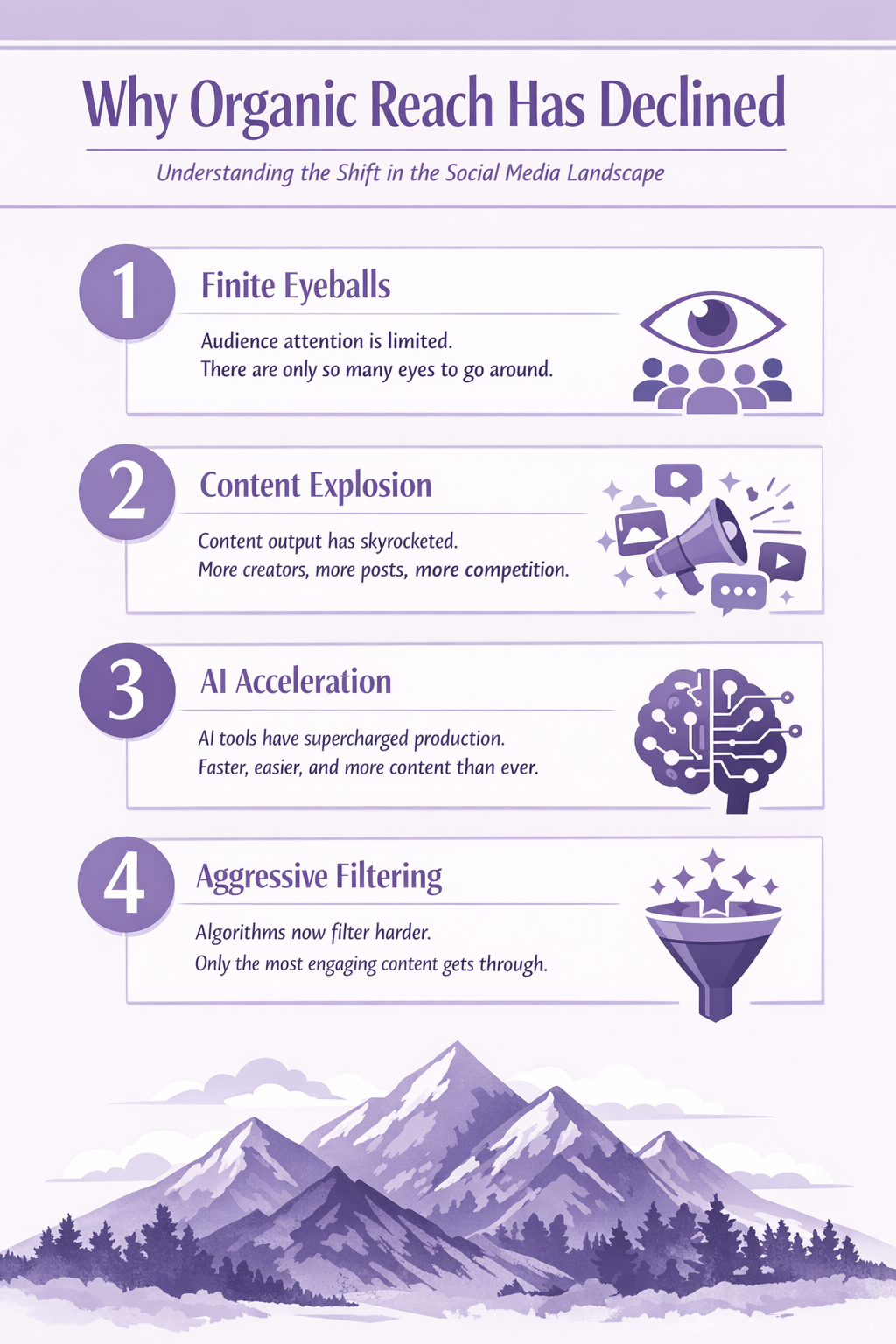
So What Does This Mean for Creators?
It means declining reach isn’t necessarily punishment.
It’s math.
It’s competition.
It’s economics.
It’s the natural evolution of a maturing platform in a saturated attention market.
The emotional narrative says:
“The algorithm hates me”
The structural reality says:
“There are more voices fighting for the same limited attention.”
The Strategic Shift
Once you understand this, you stop taking reach personally.
You start thinking strategically:
- Should I budget for paid distribution?
- Should I build owned channels (email, website, app)?
- Should I differentiate more deeply?
- Should I optimize for retention rather than volume?
This moves you from emotional reaction to business mindset.
A Rocky Mountain Reflection
Instagram doesn’t owe anyone unlimited visibility.
It’s not a public square.
It’s a distribution platform.
And distribution has value.
When you understand that attention is the asset, you stop fighting the system emotionally — and start navigating it intelligently.
That’s a very different kind of power.
Out here in the mountains, you learn something quickly.
The sky is vast — but light is still directional.
When the sun rises over the Front Range, it doesn’t illuminate every peak at once. Some ridgelines glow first. Others sit in shadow a little longer. Not because they are lesser mountains — but because that’s simply how light moves.
Attention works the same way.
There are only so many rays in a day.
Some creators are lit brightly in one season. Others wait in quiet shadow. The landscape hasn’t changed its worth — only where the light is falling.
And the mountains never panic about being in shadow.
They endure. They remain. They rise anyway.
So maybe the question isn’t “Why am I not fully lit right now?”
Maybe it’s:
Am I building something that lasts beyond the light?
Because algorithms shift.
Platforms mature.
Distribution tightens.
But real presence — like granite — doesn’t disappear when the sun moves.
And if you’re building something real, something steady, something rooted…
The light will find you again.

